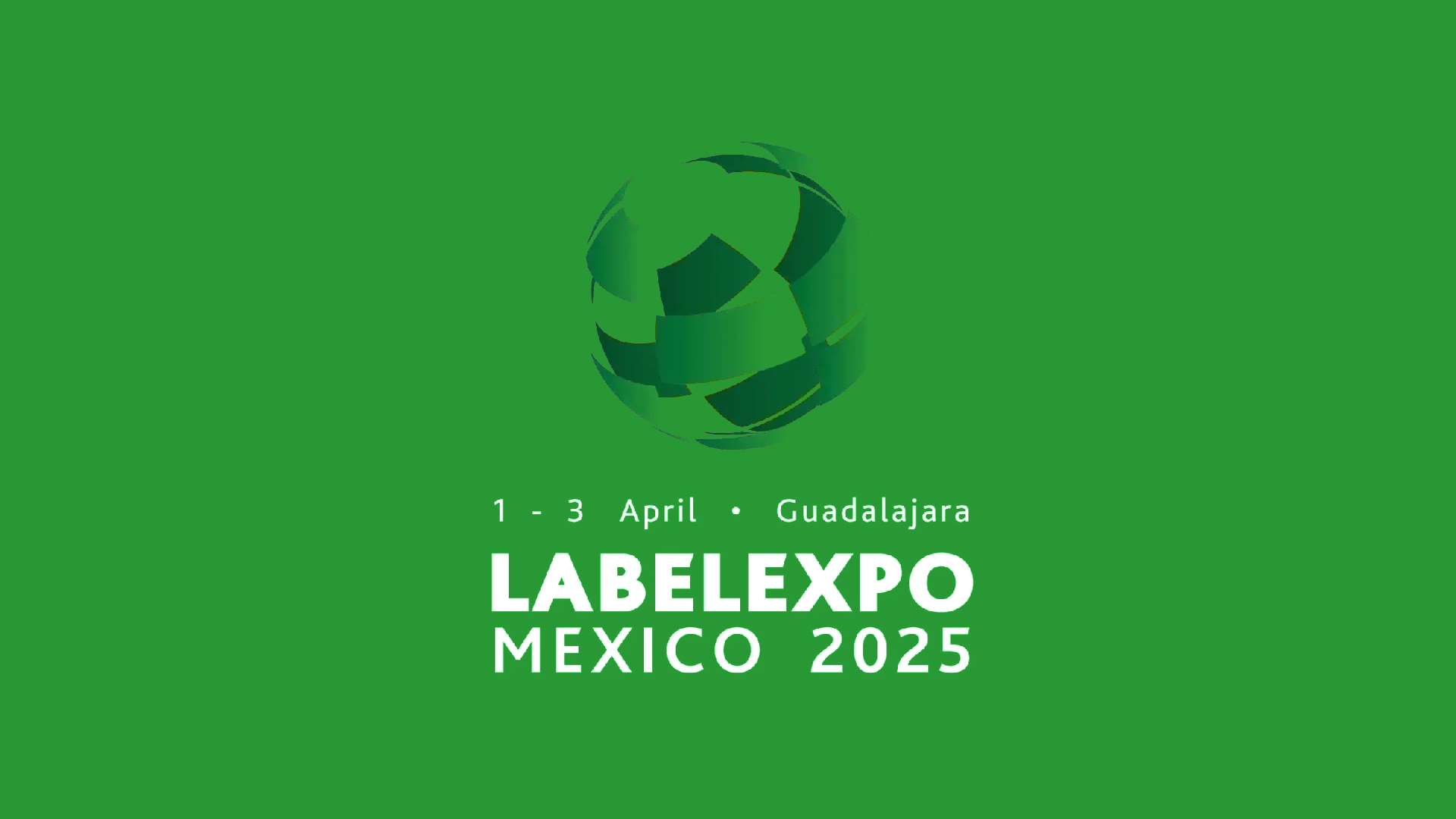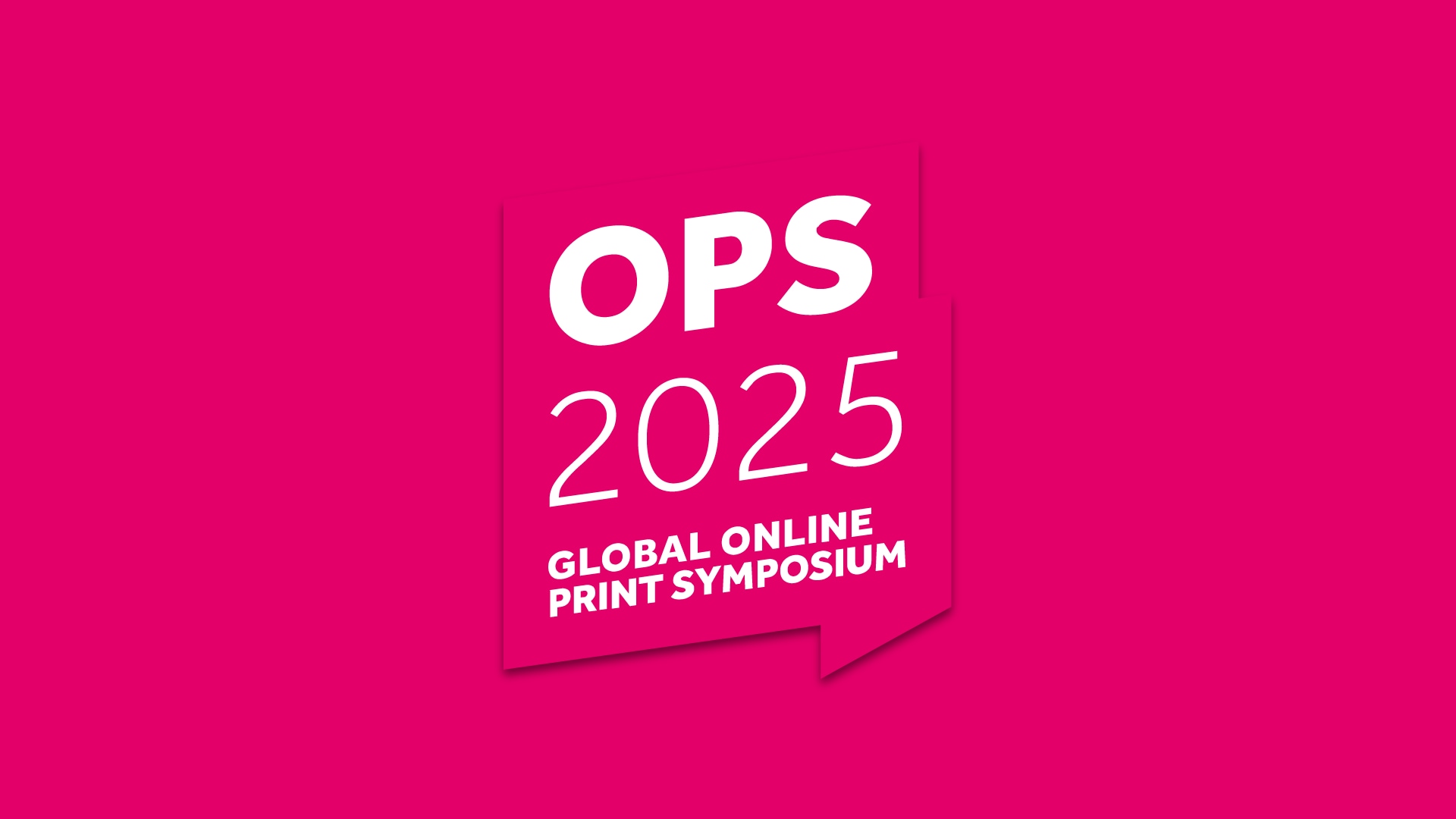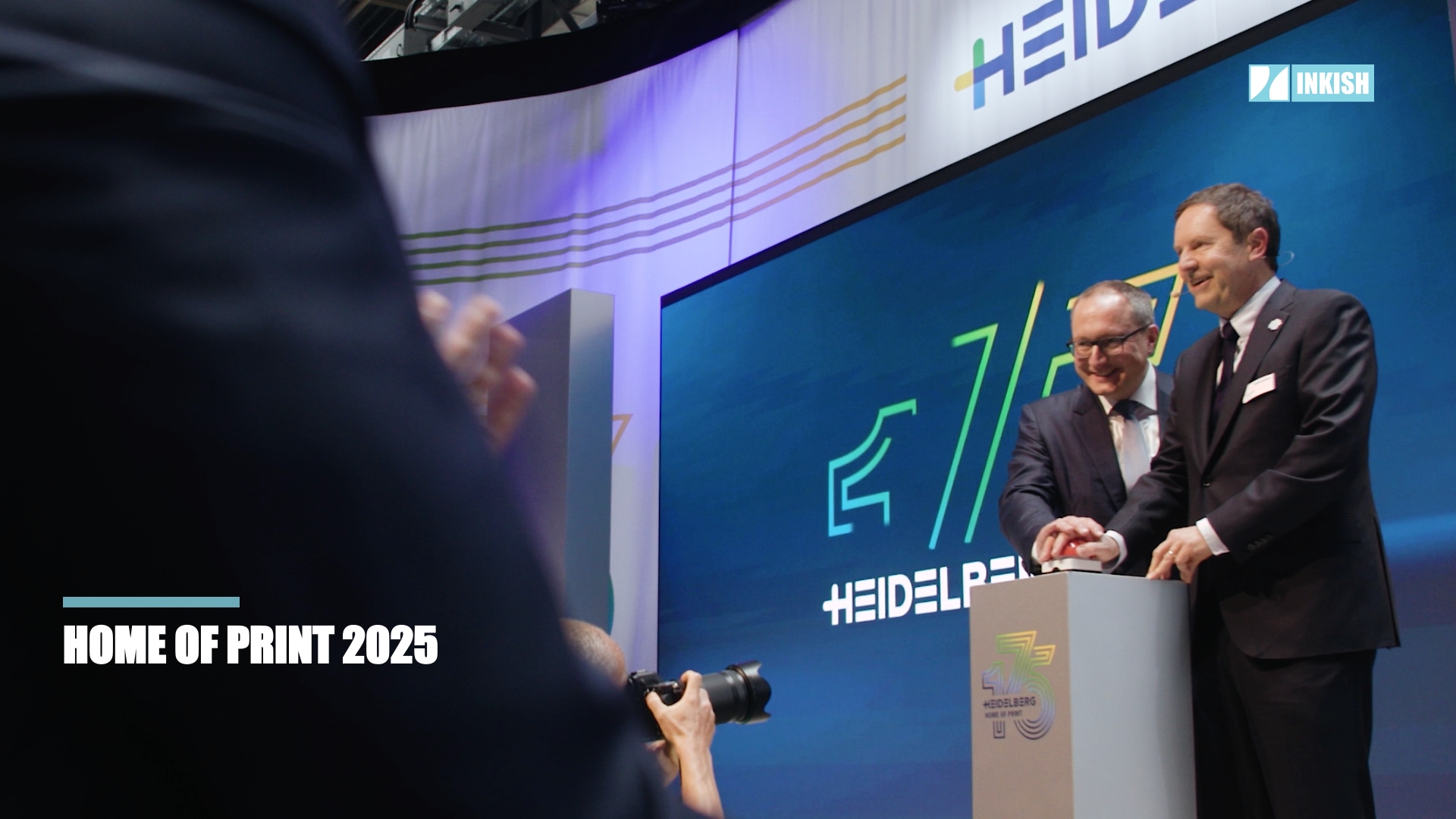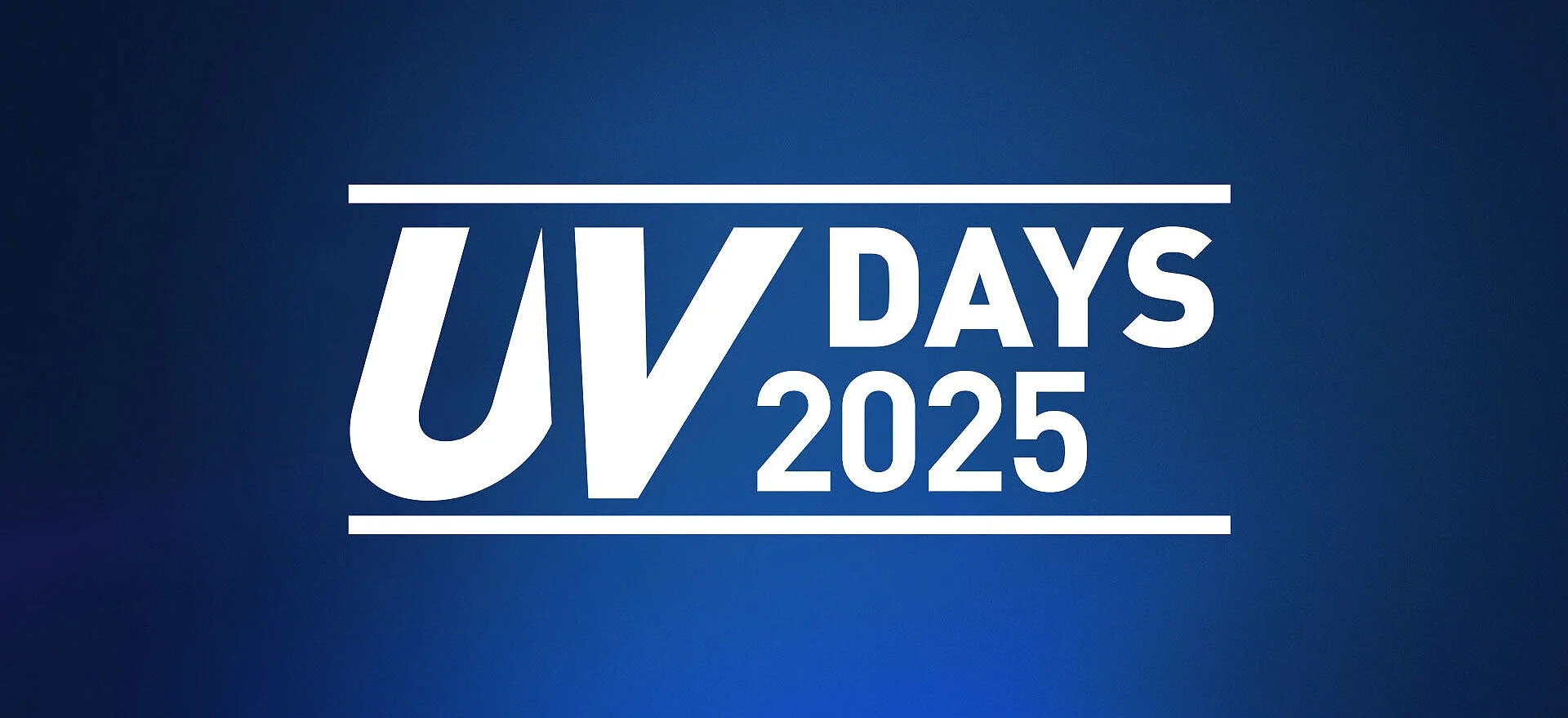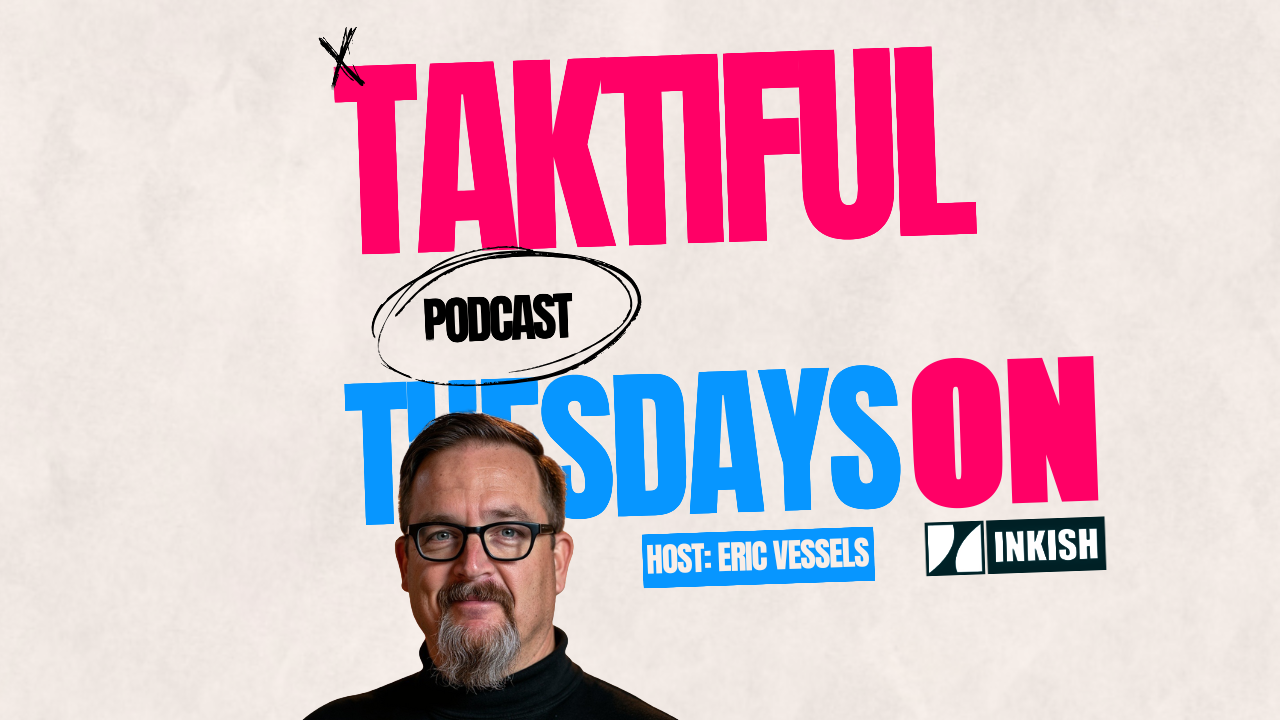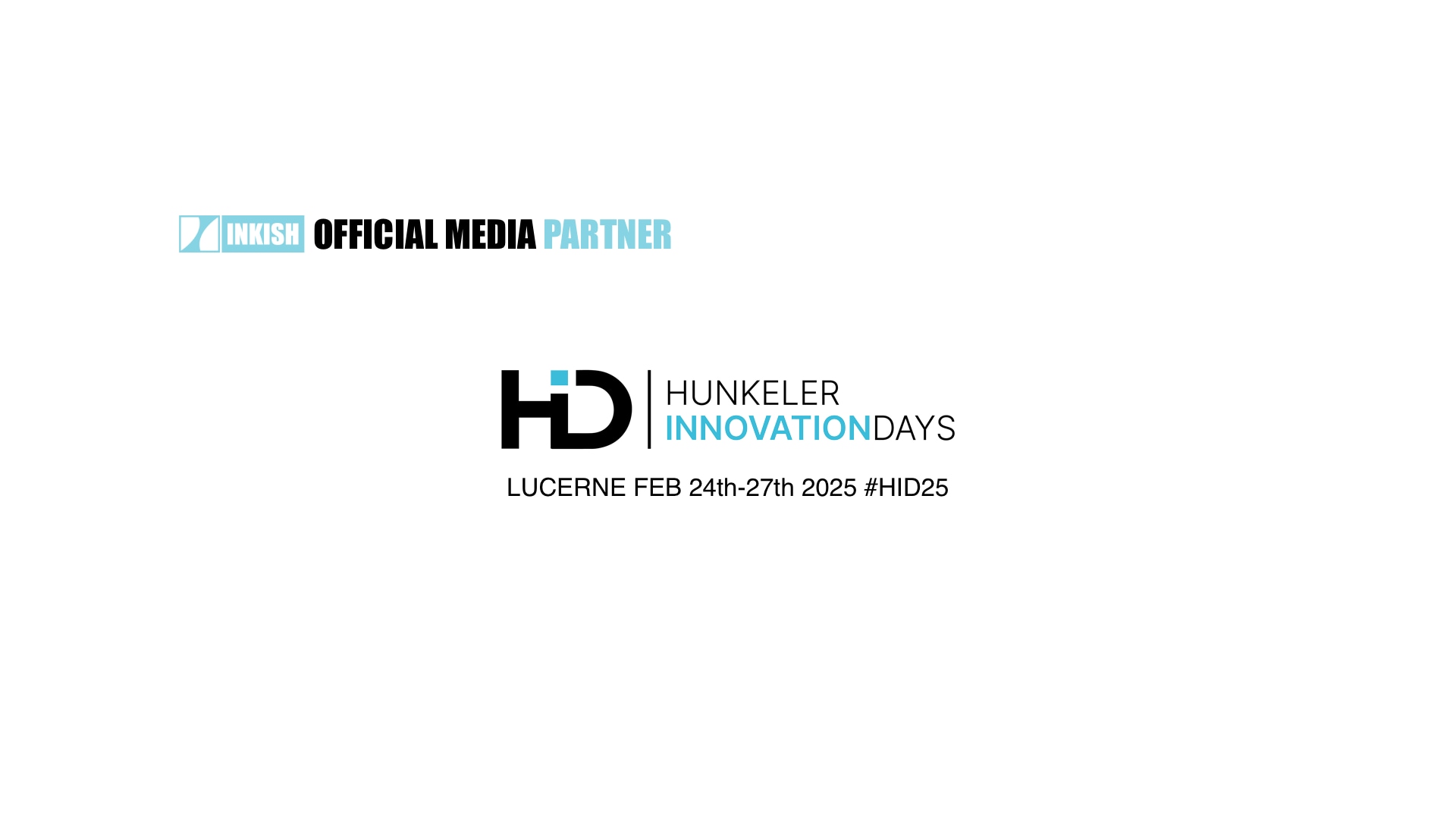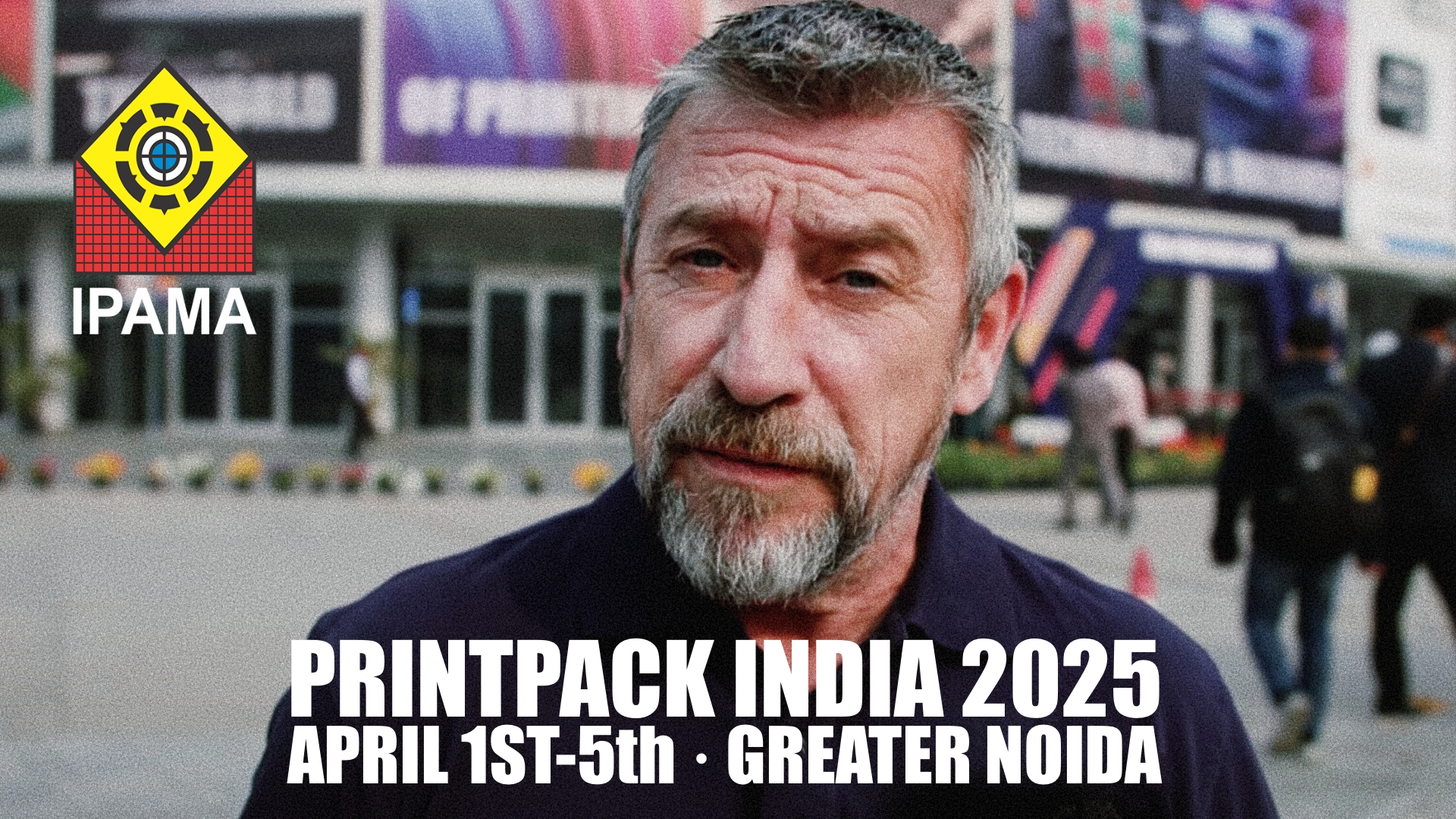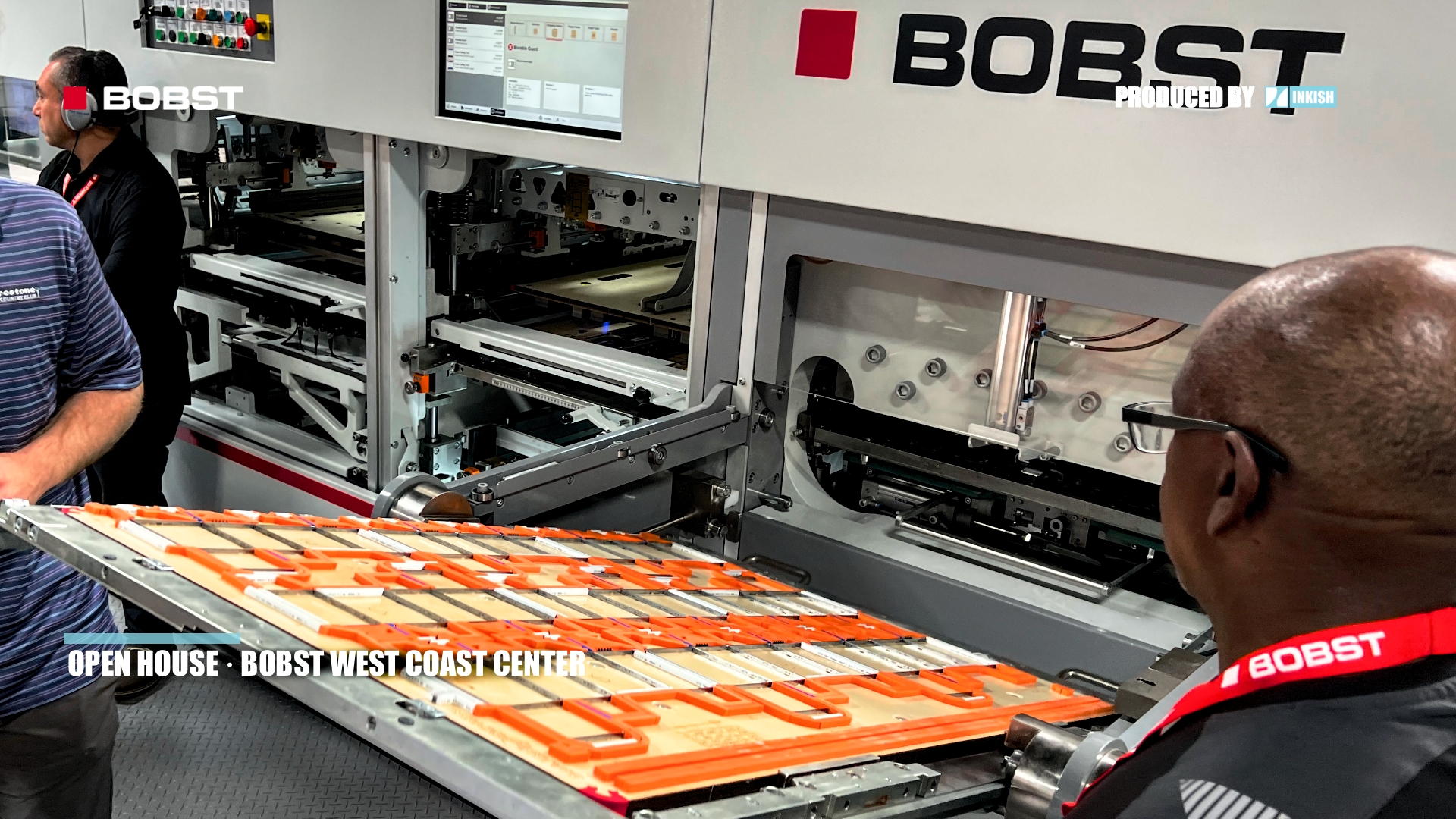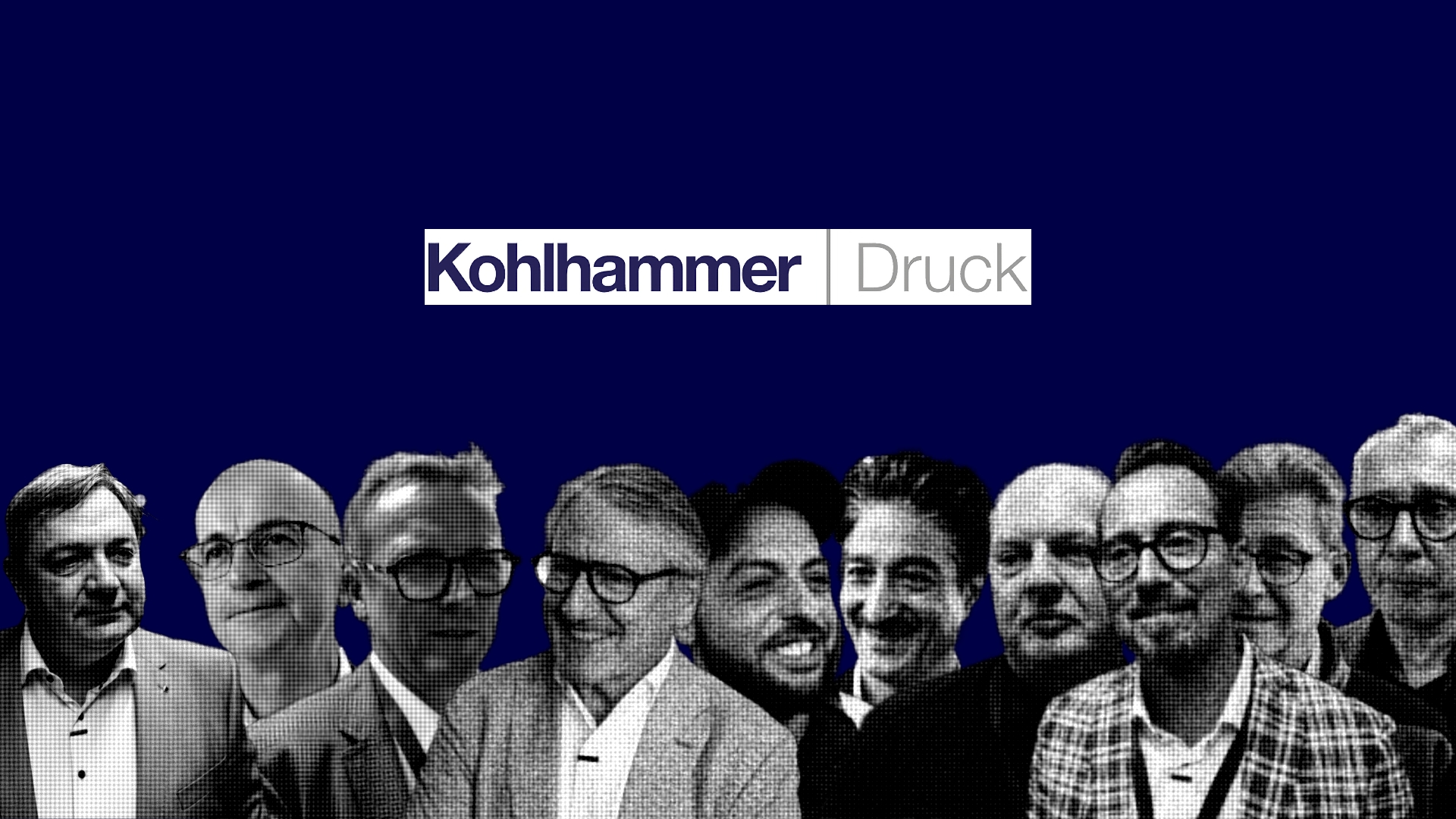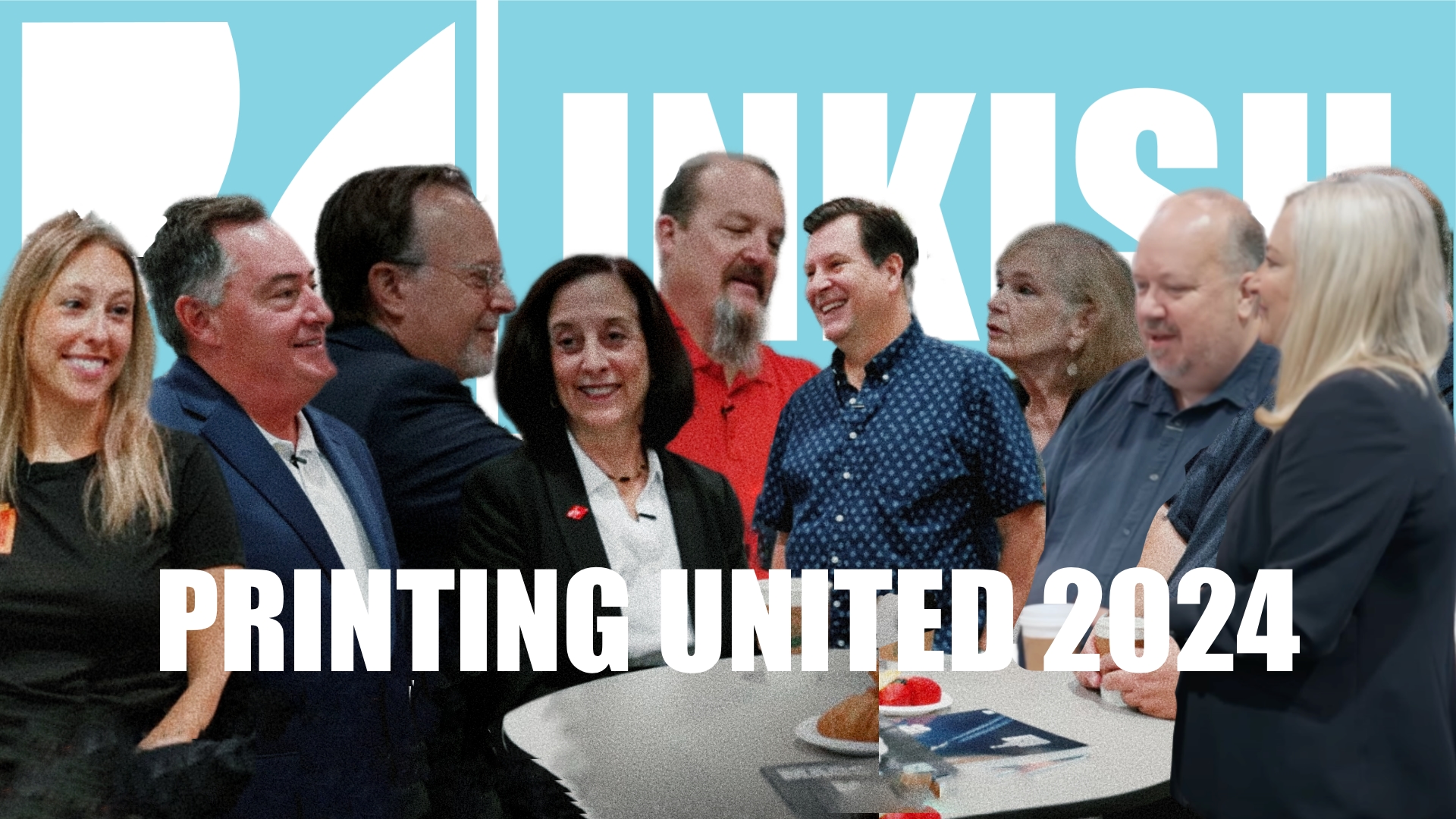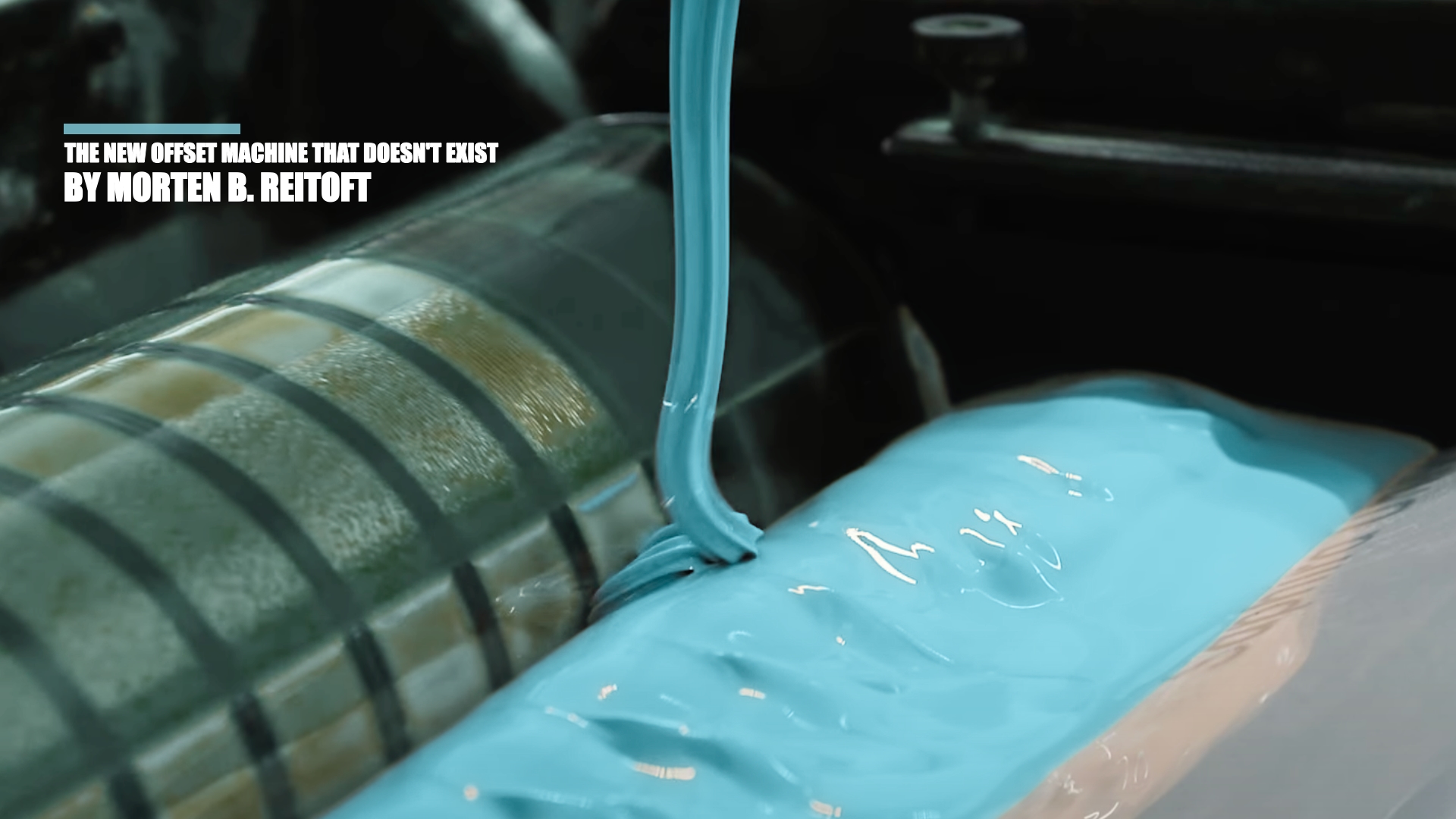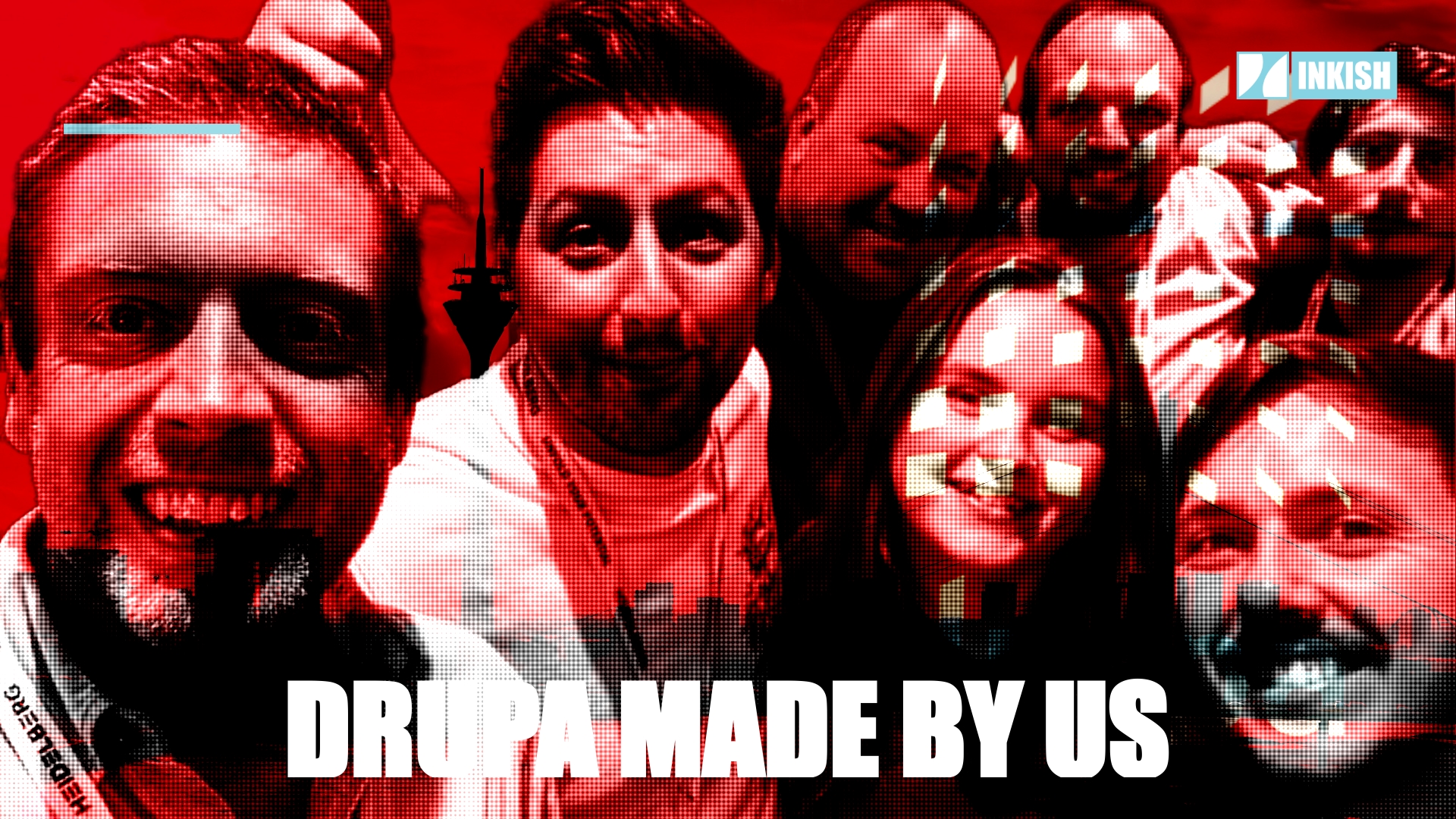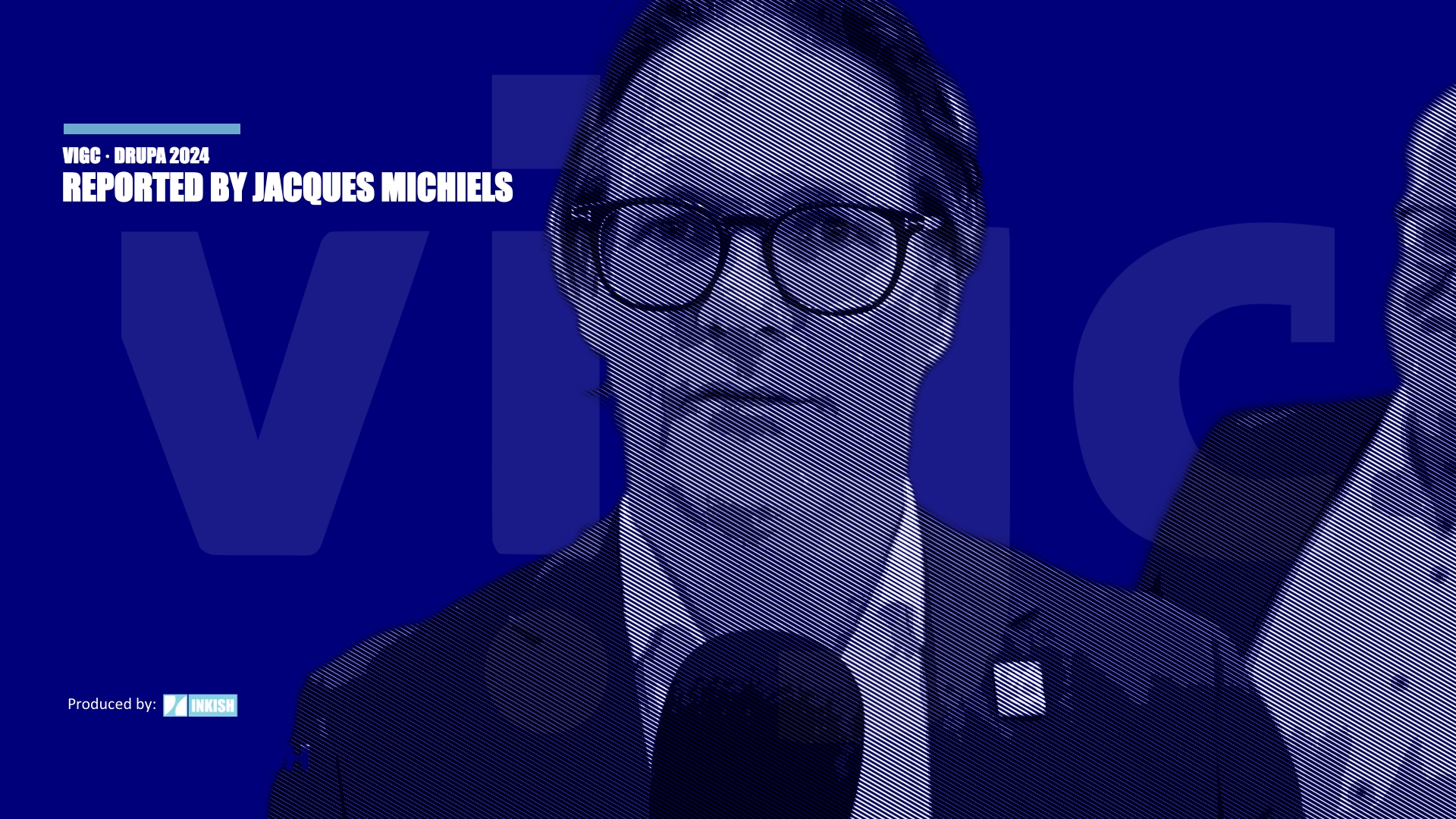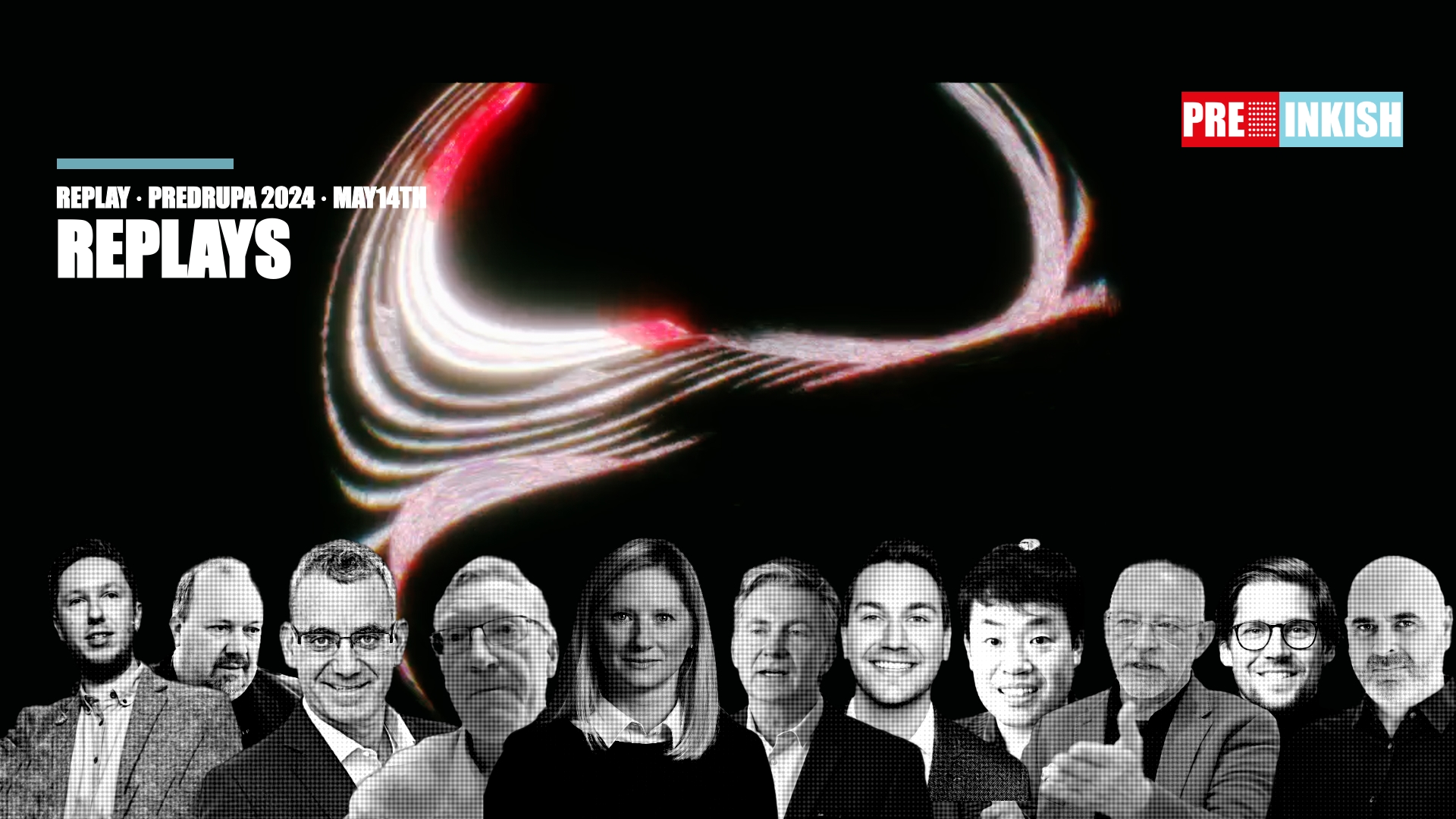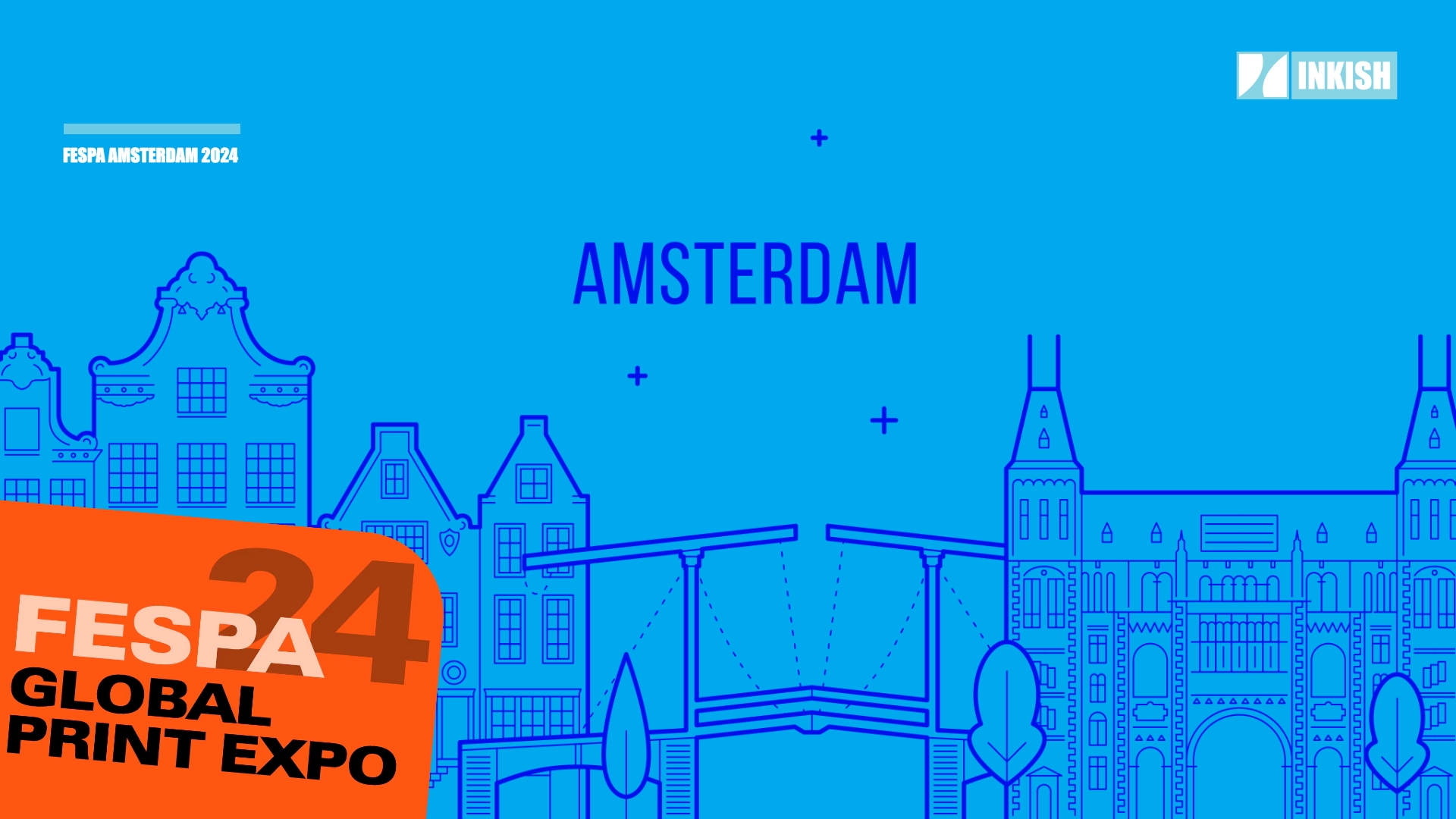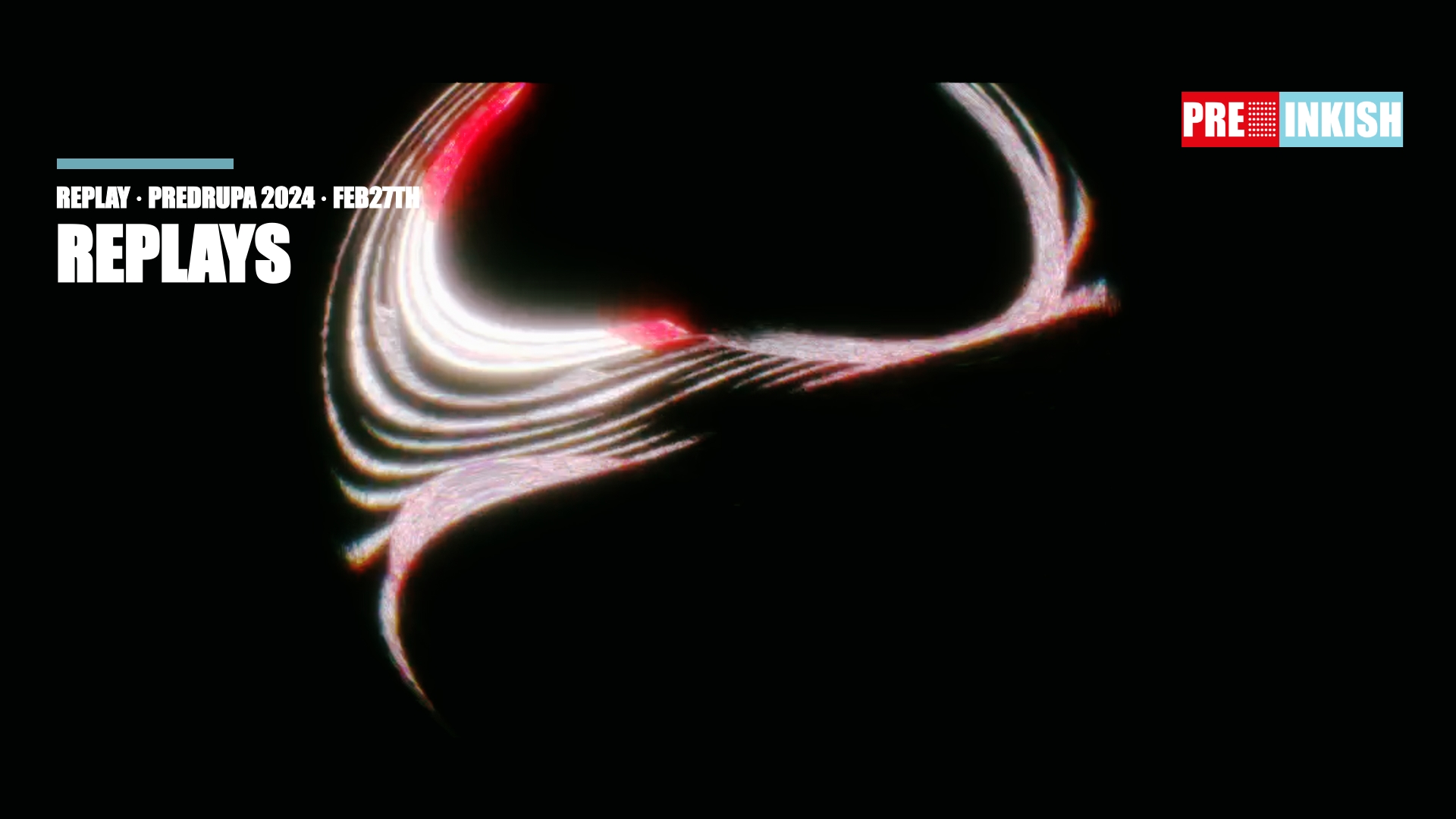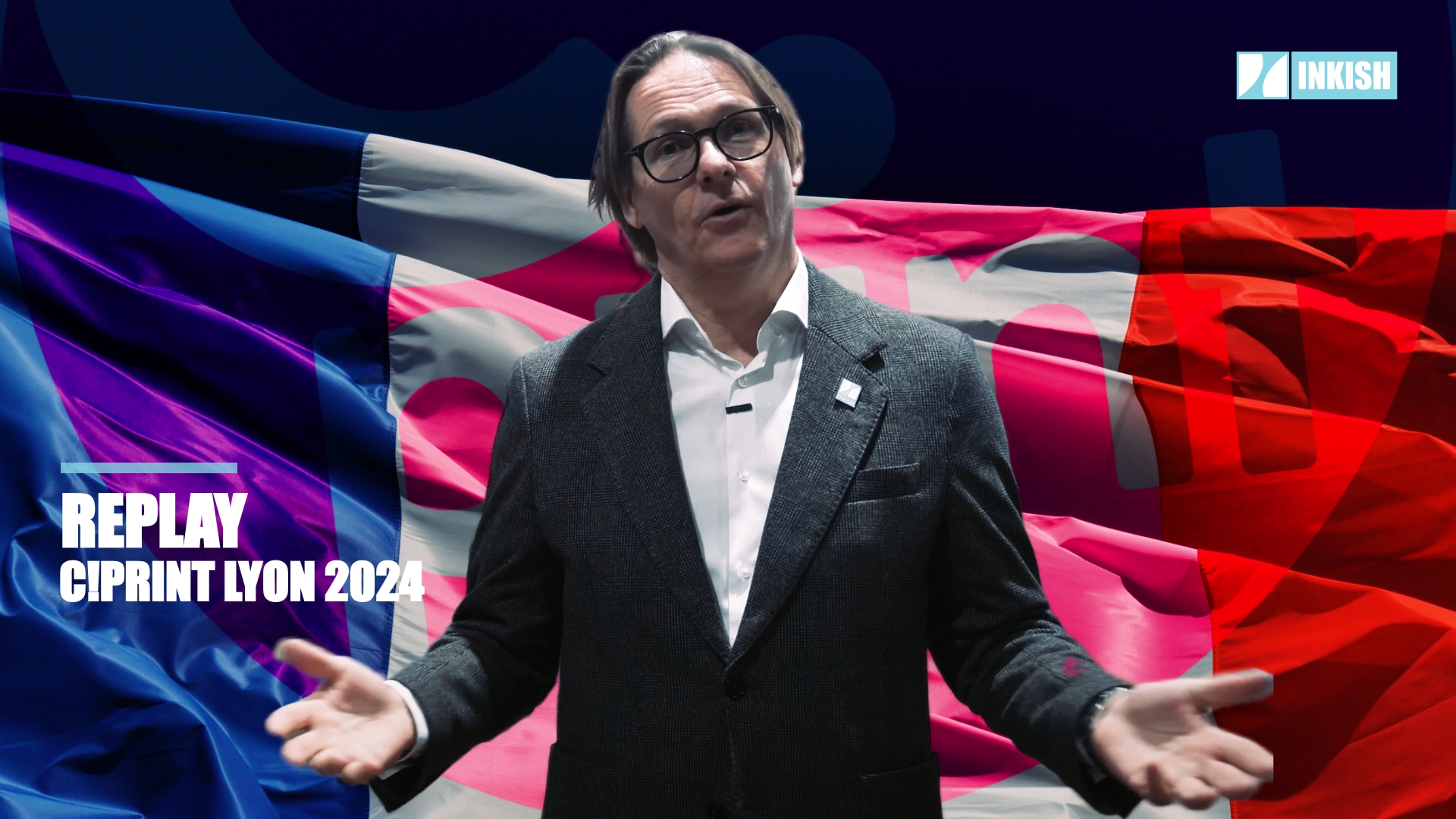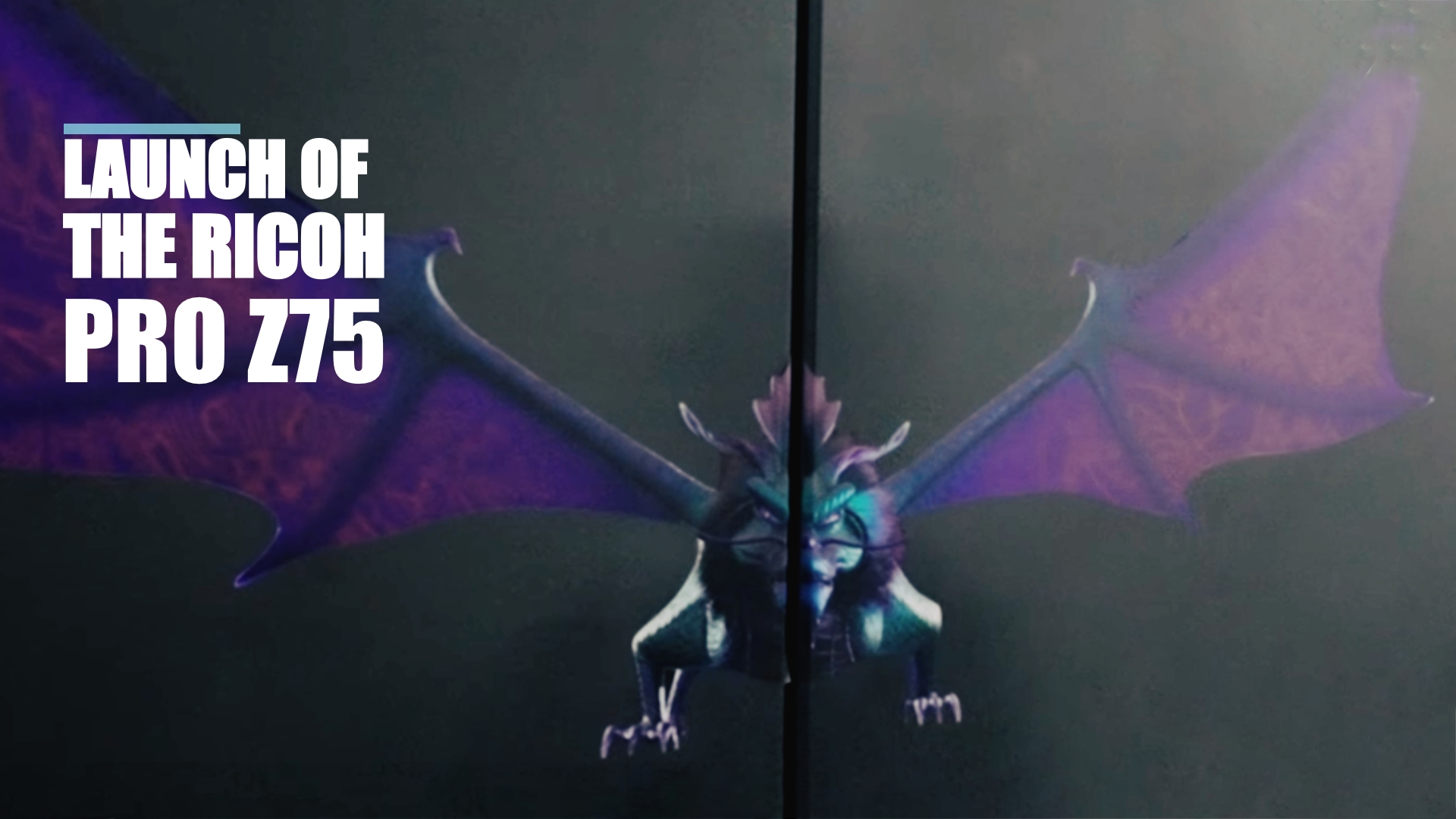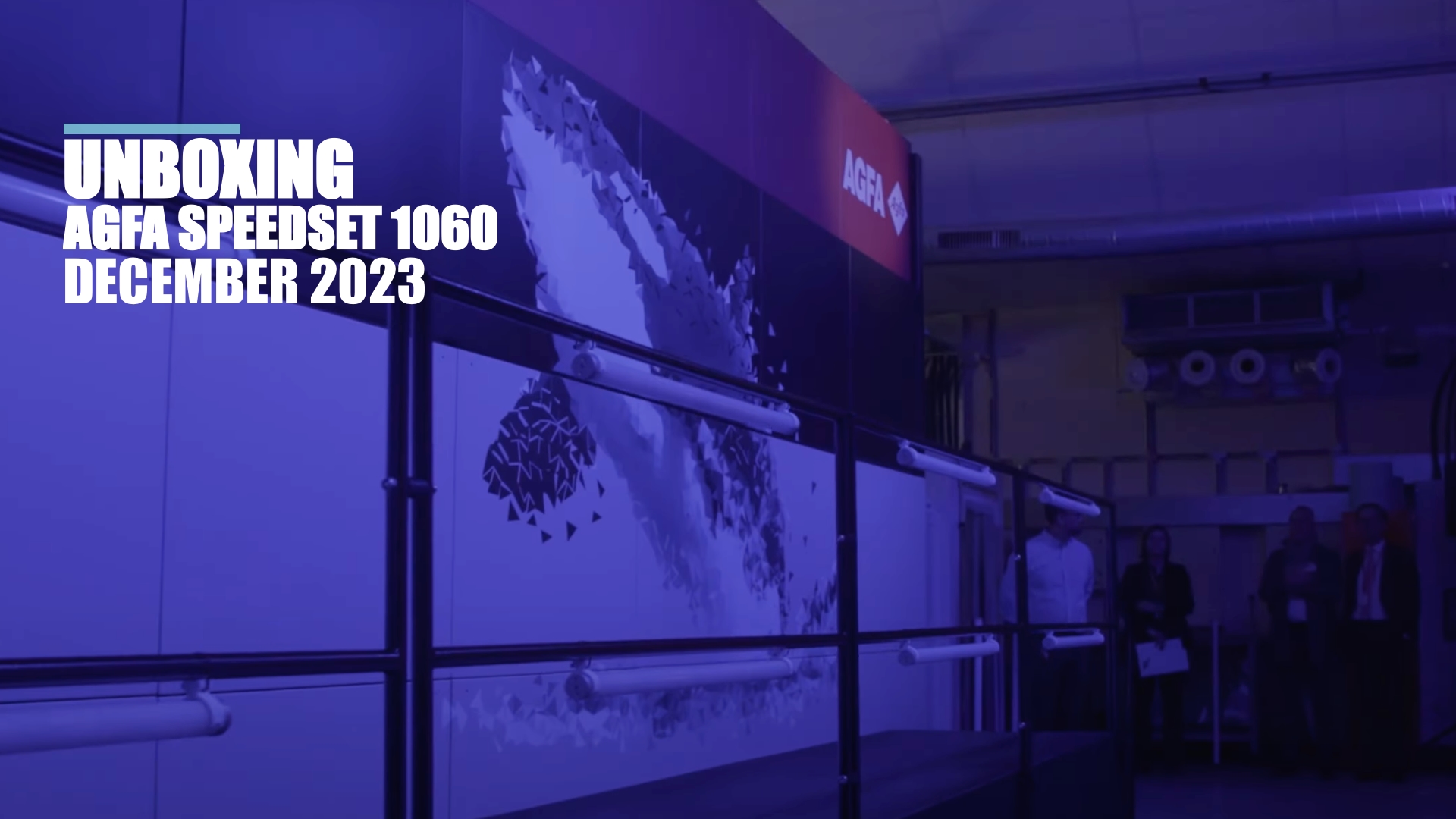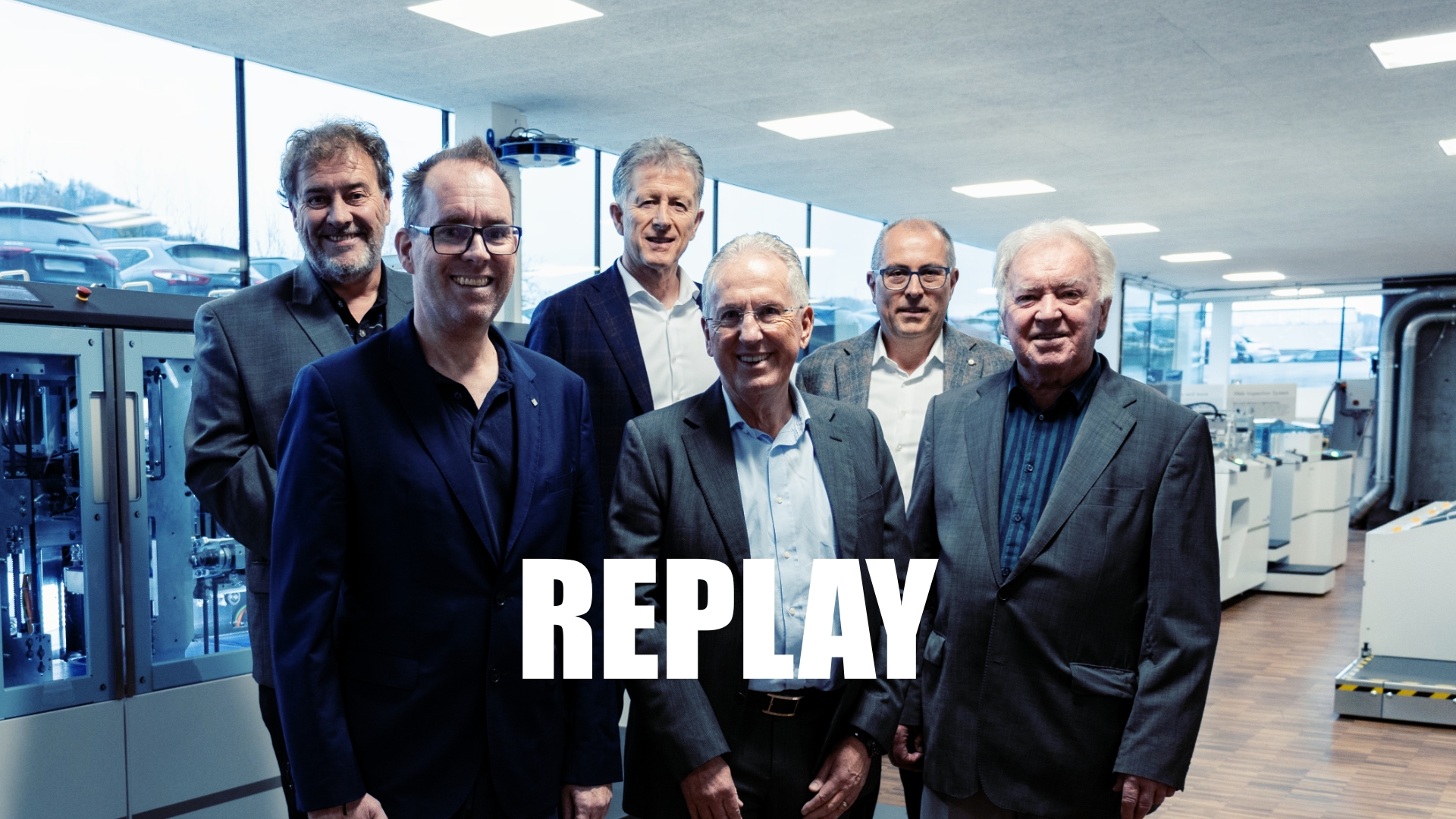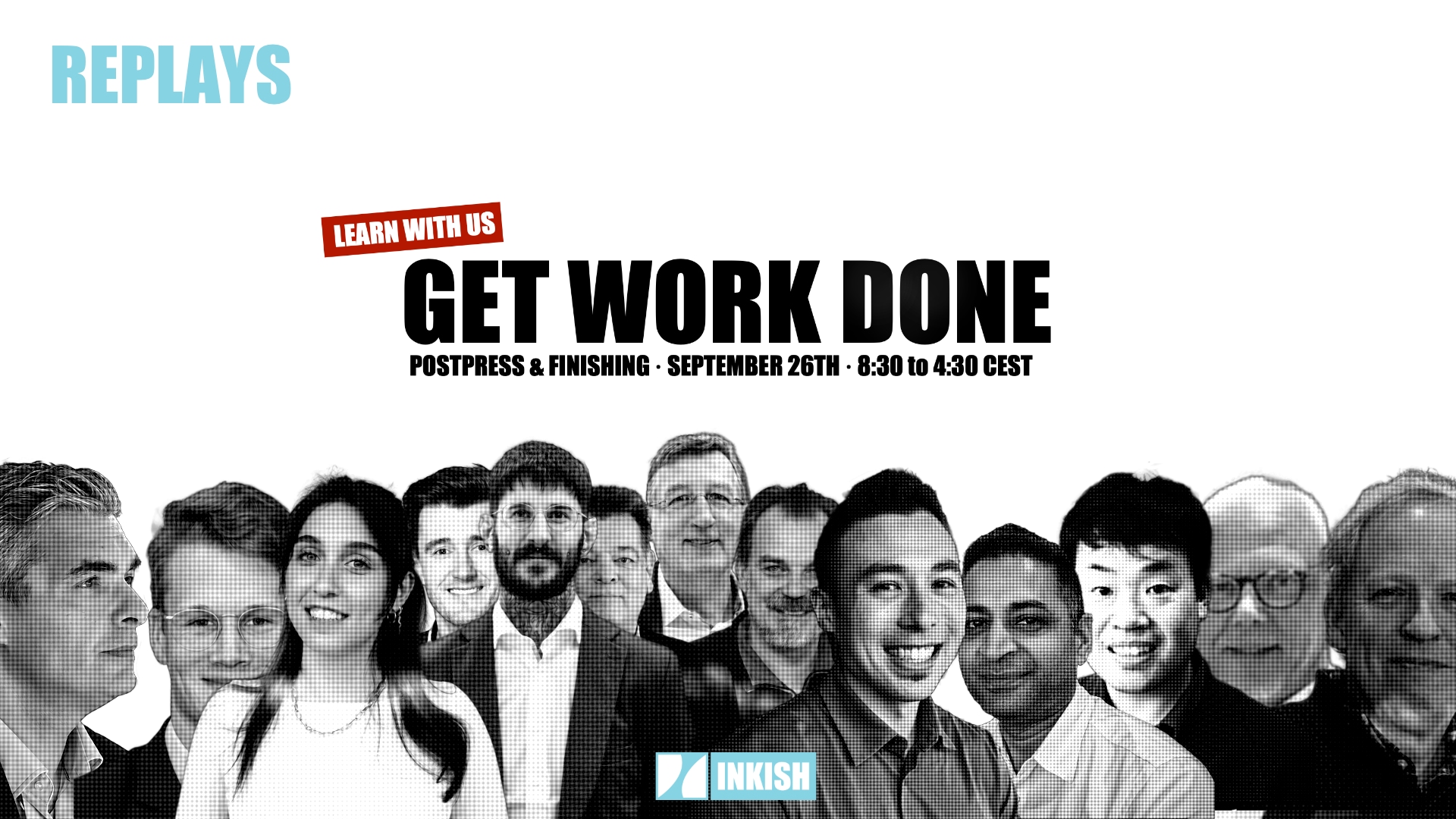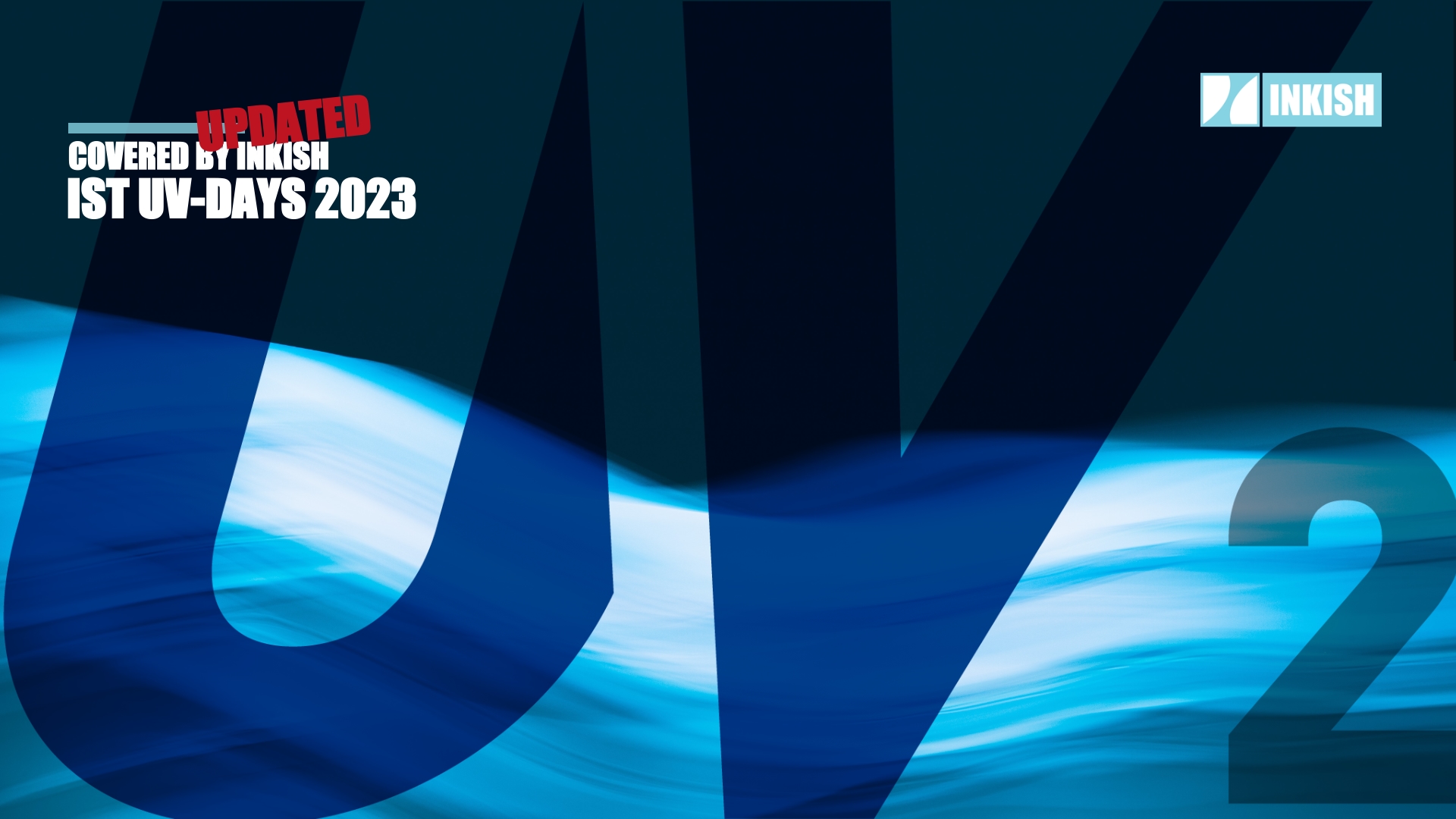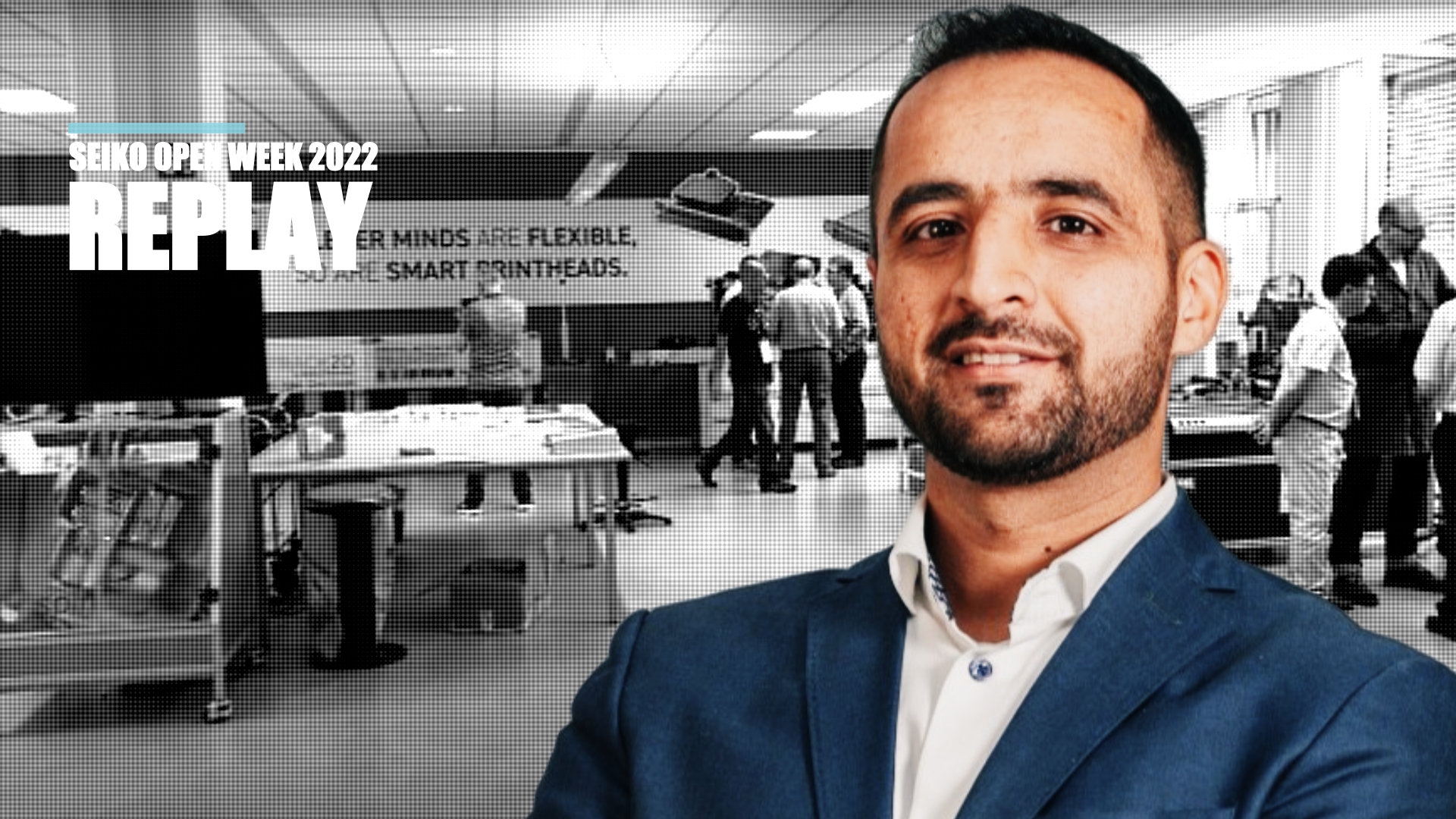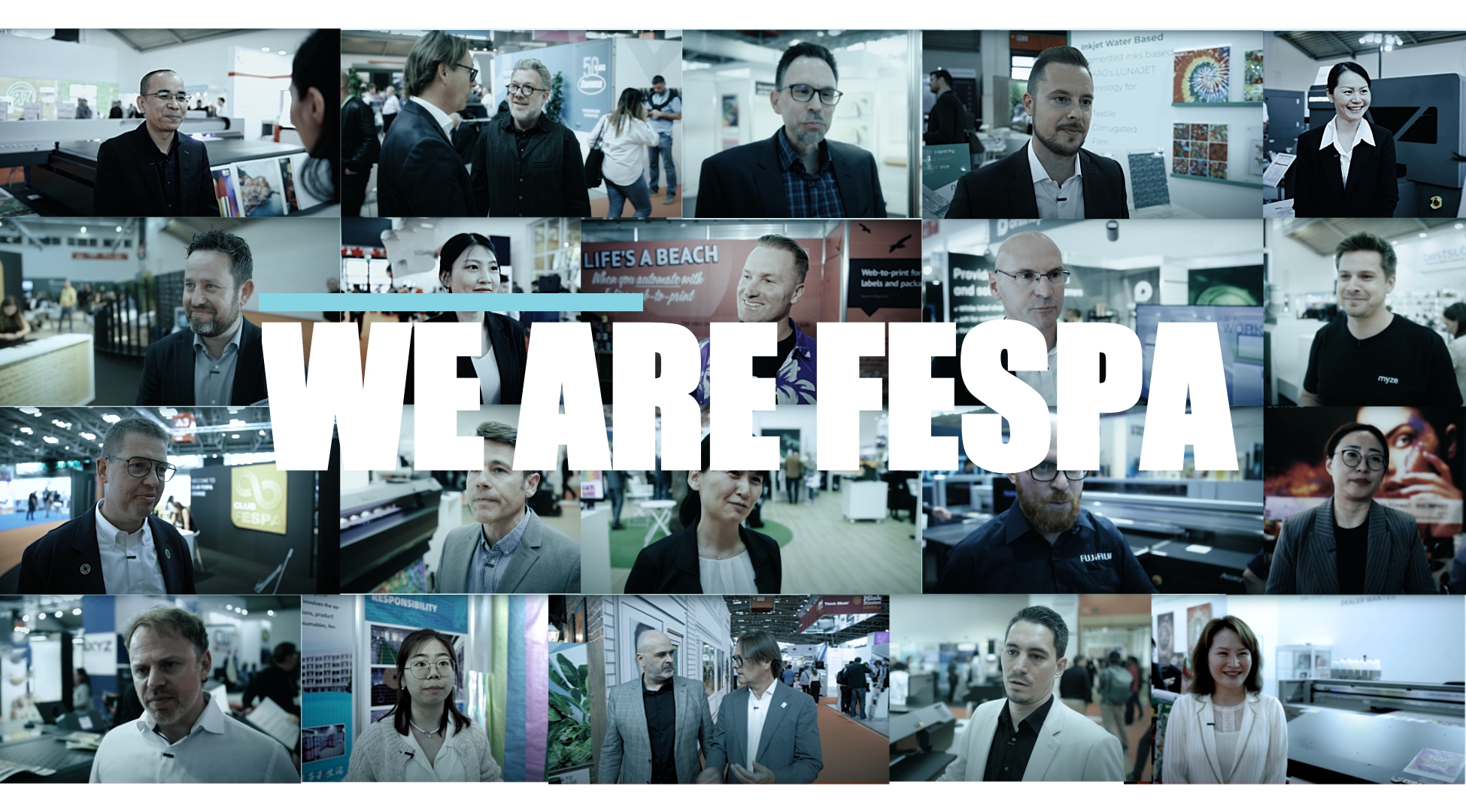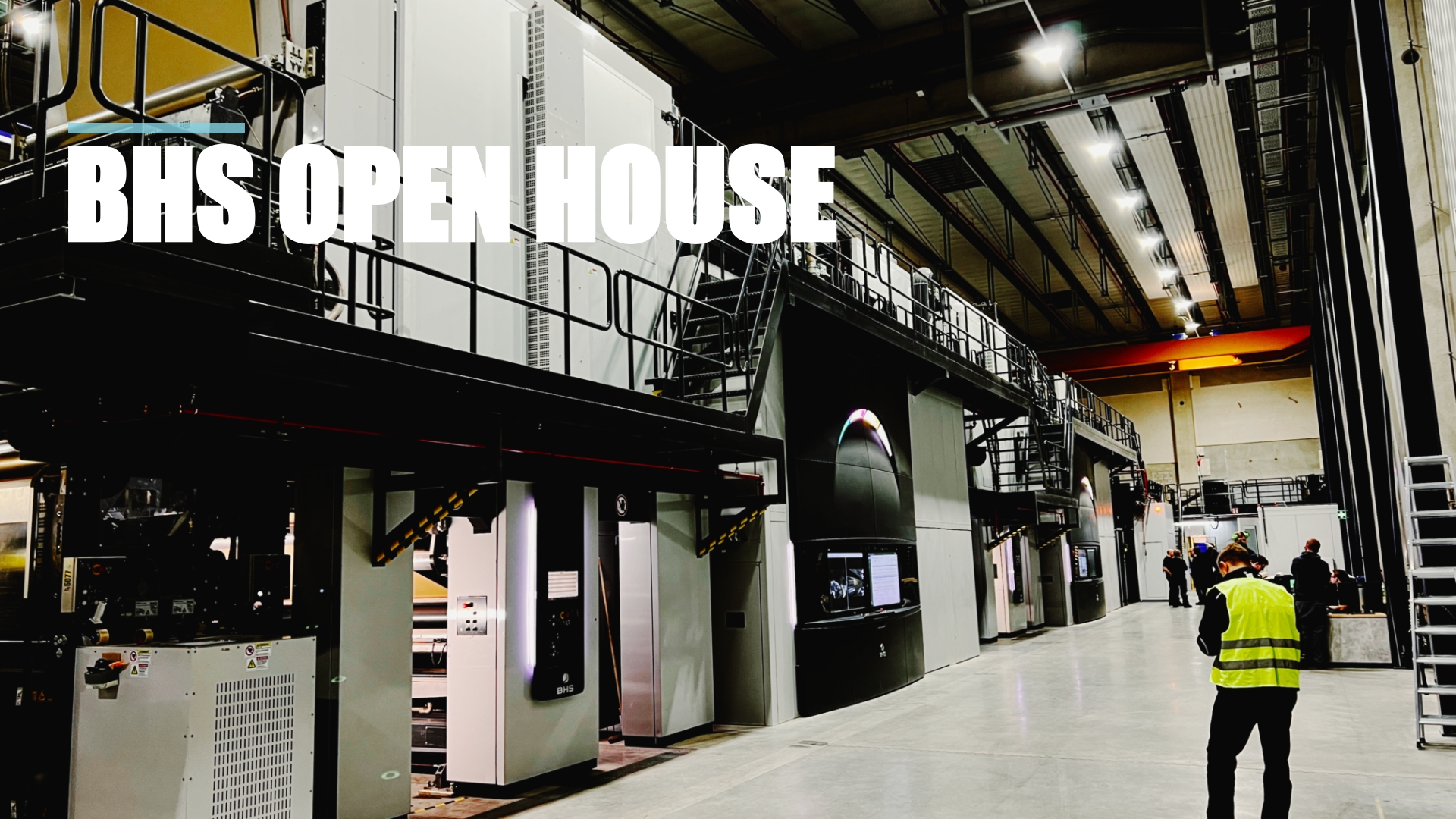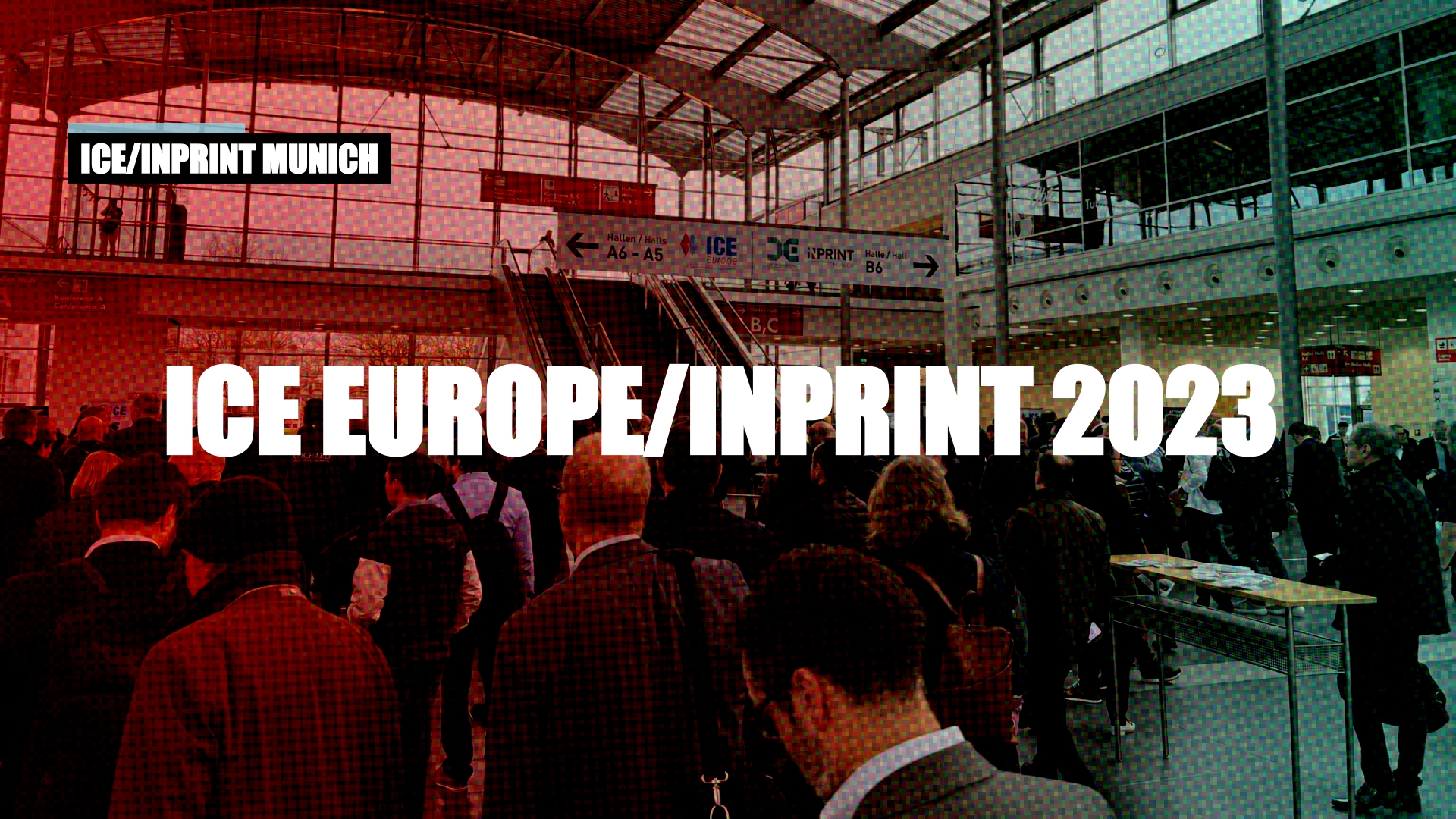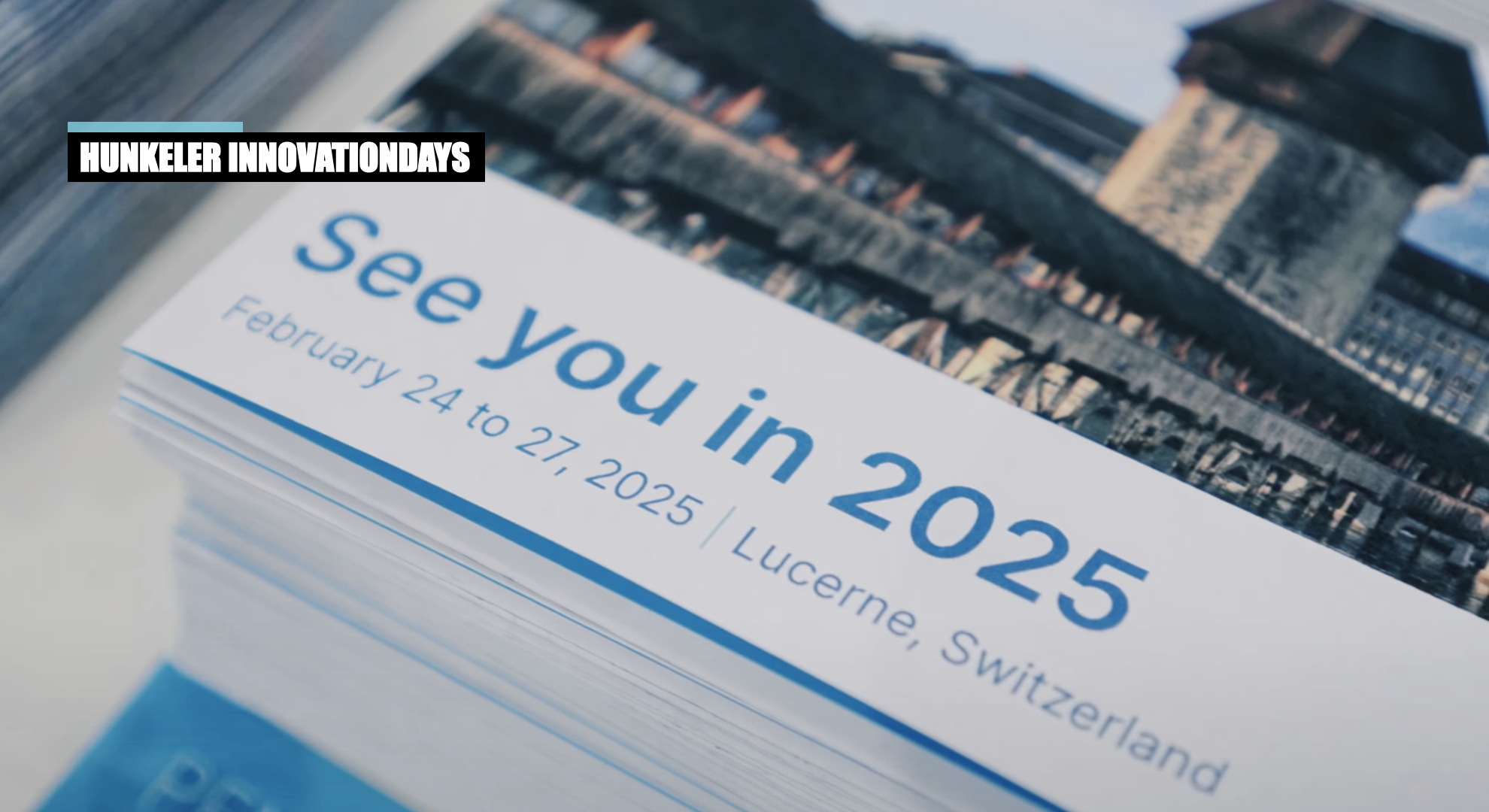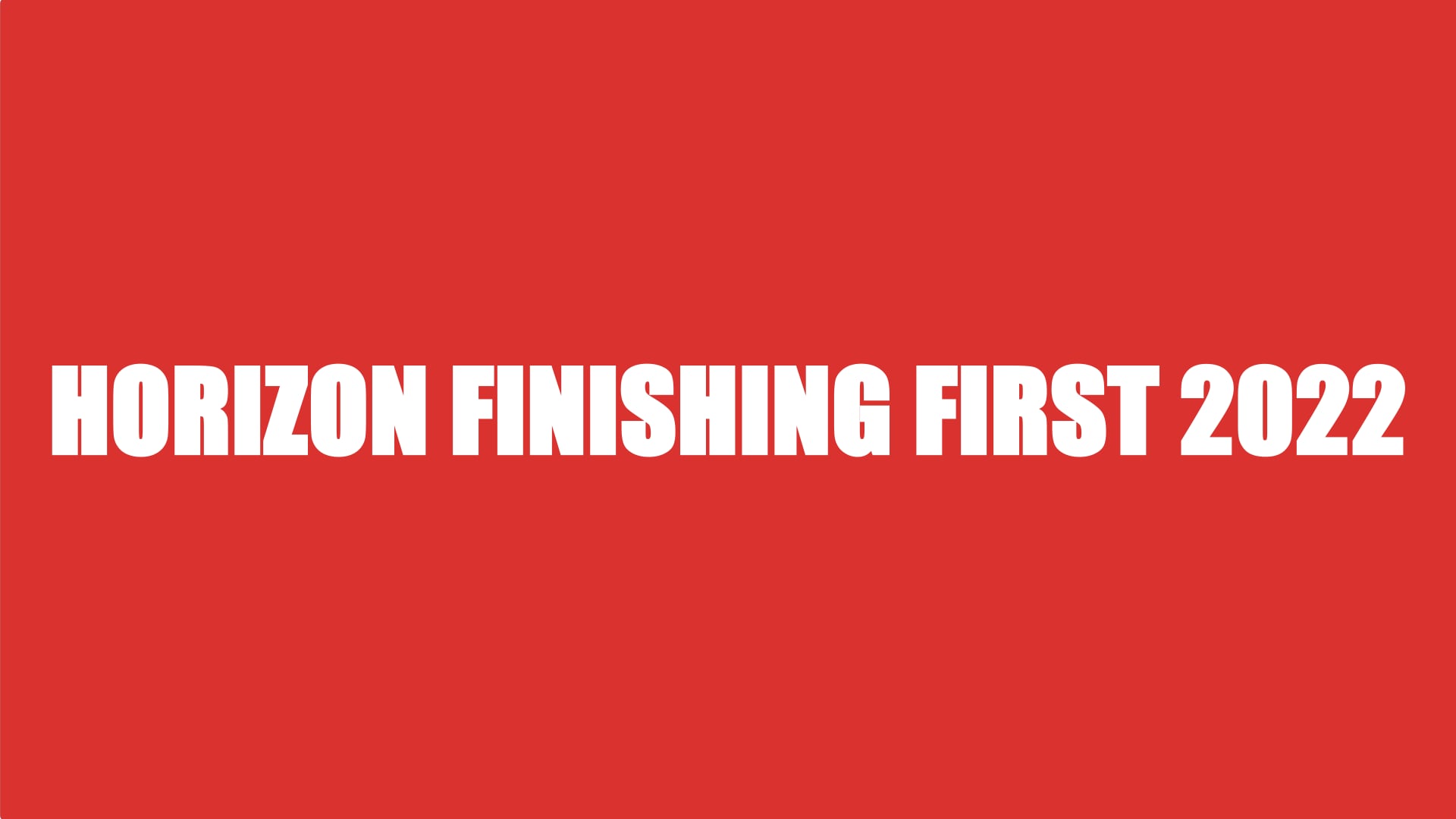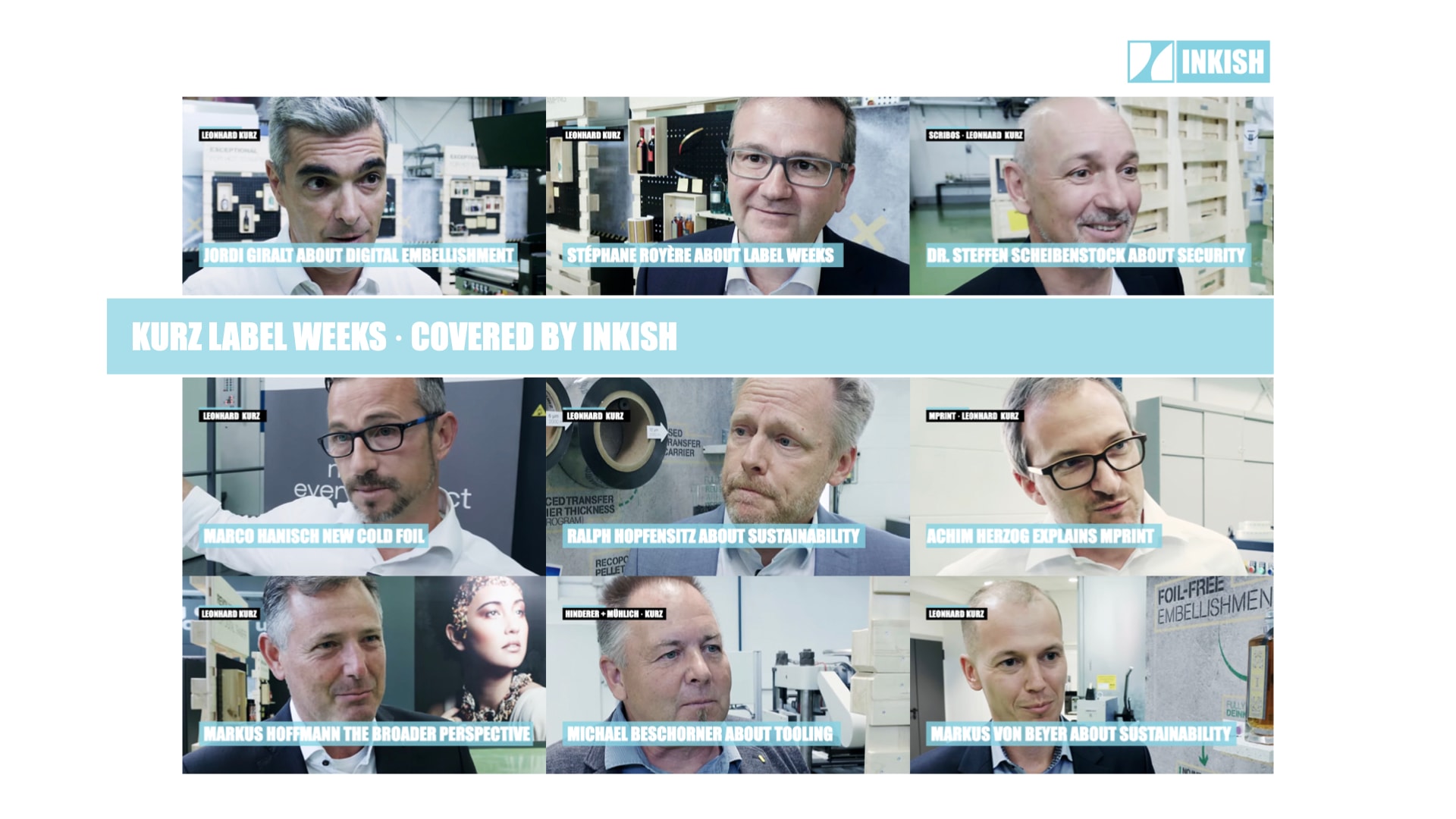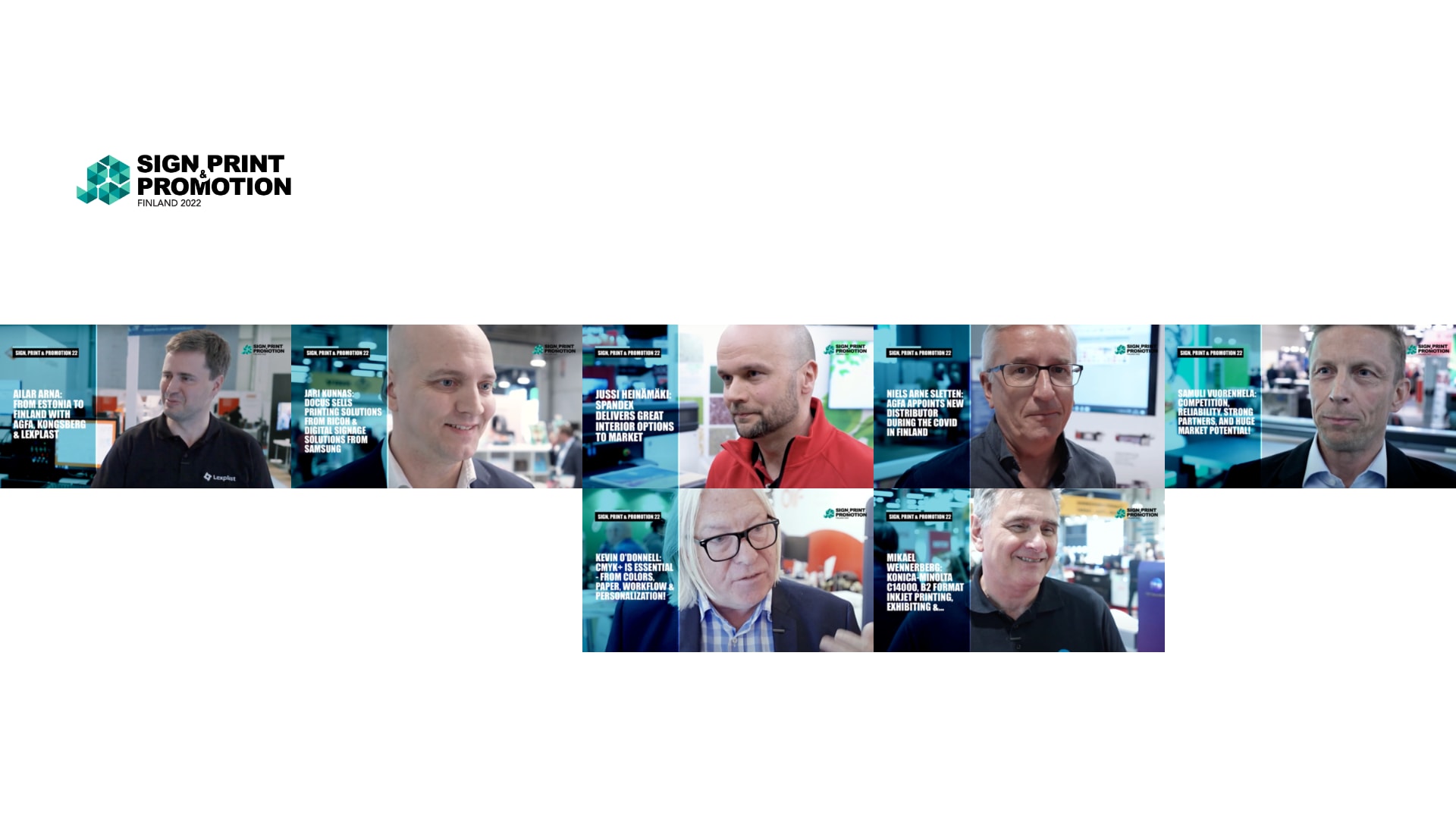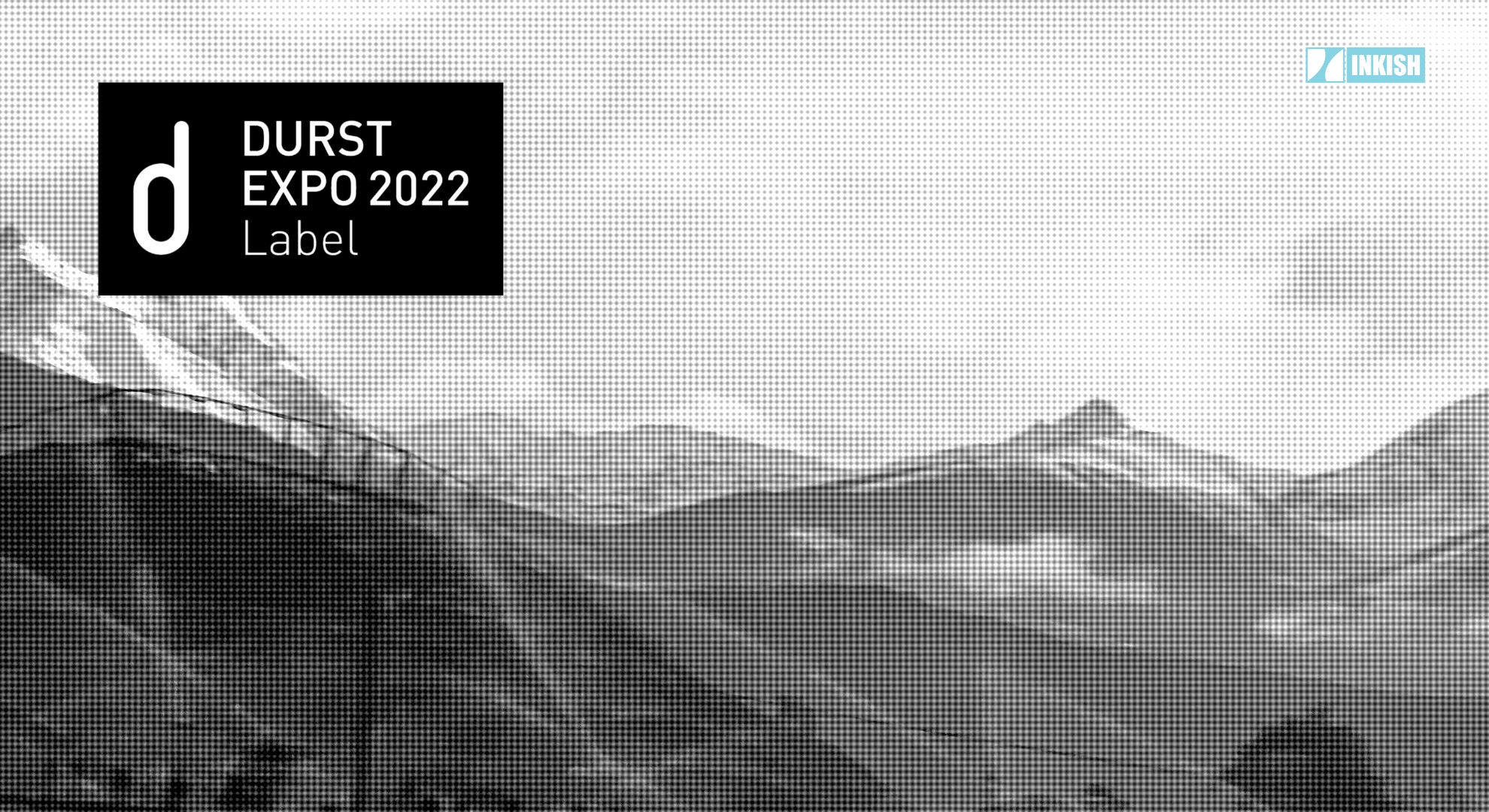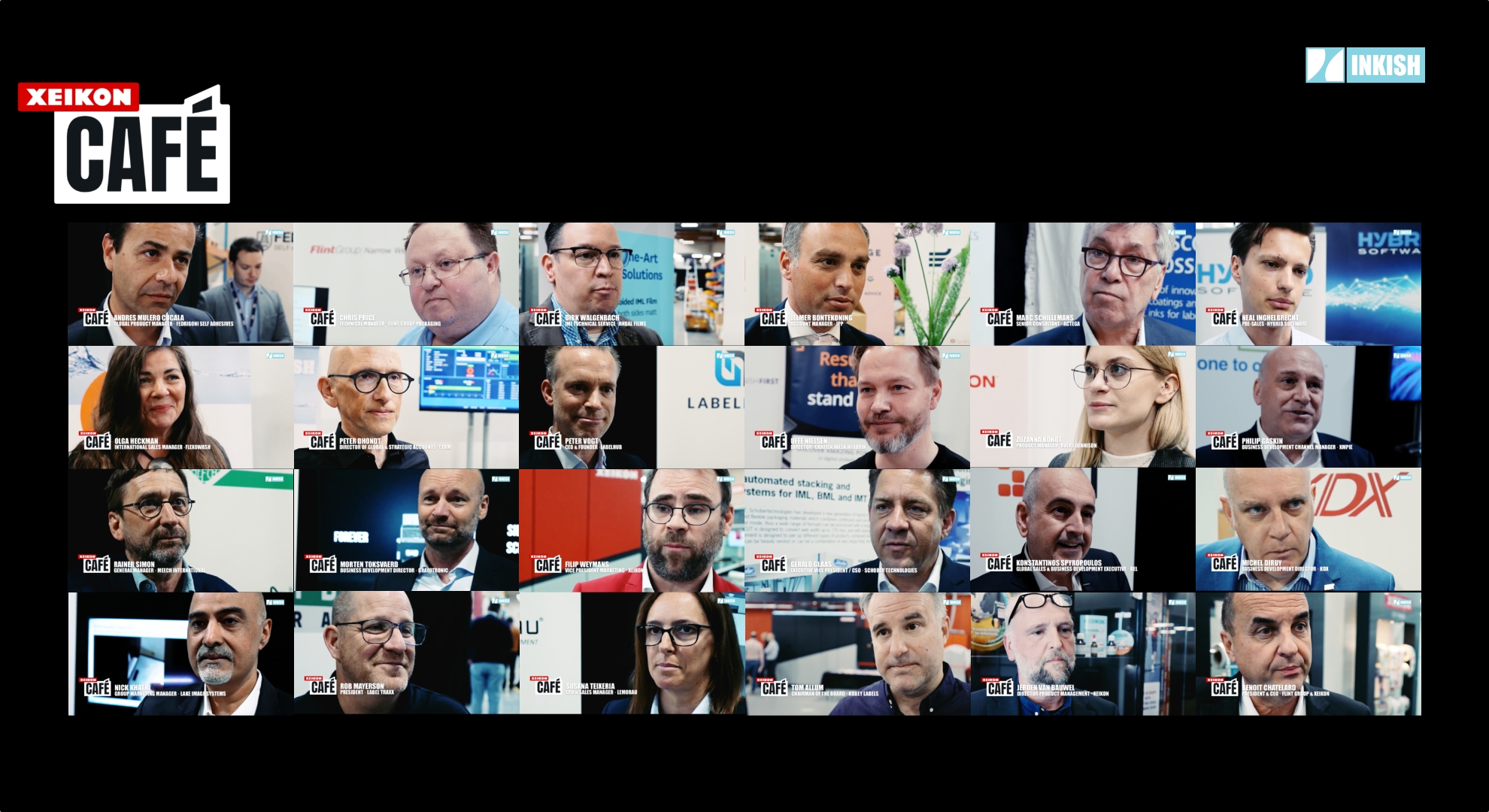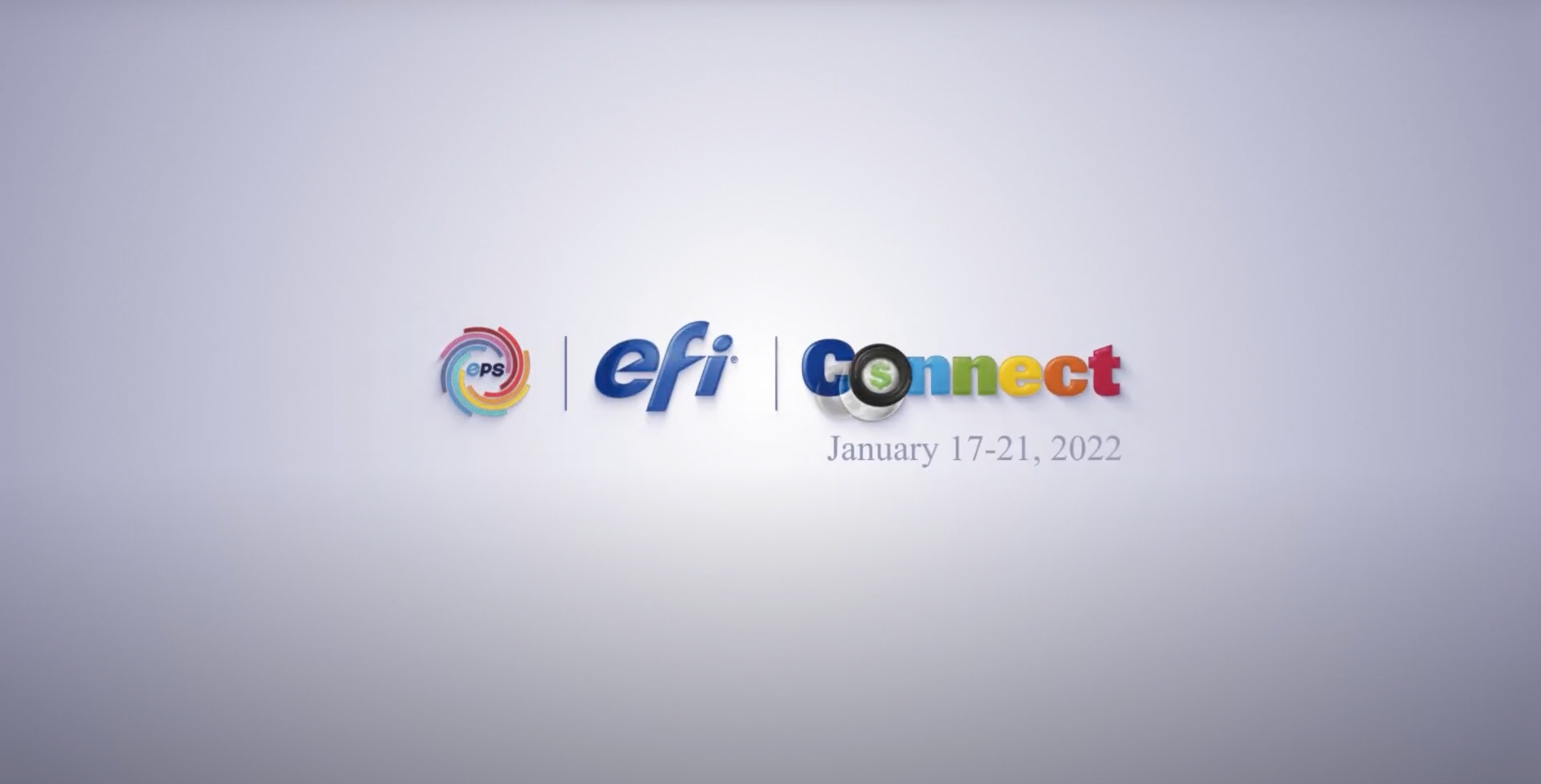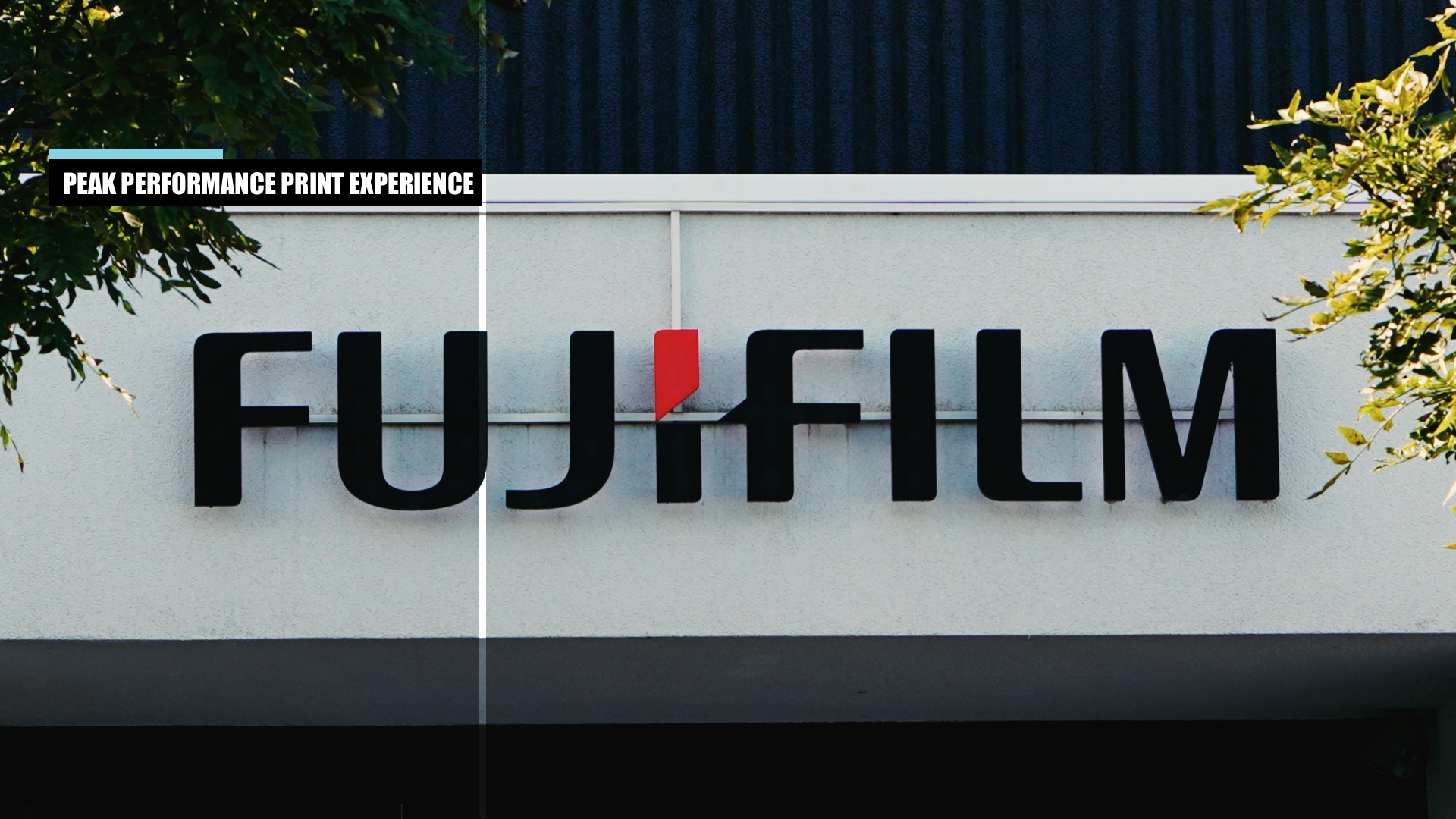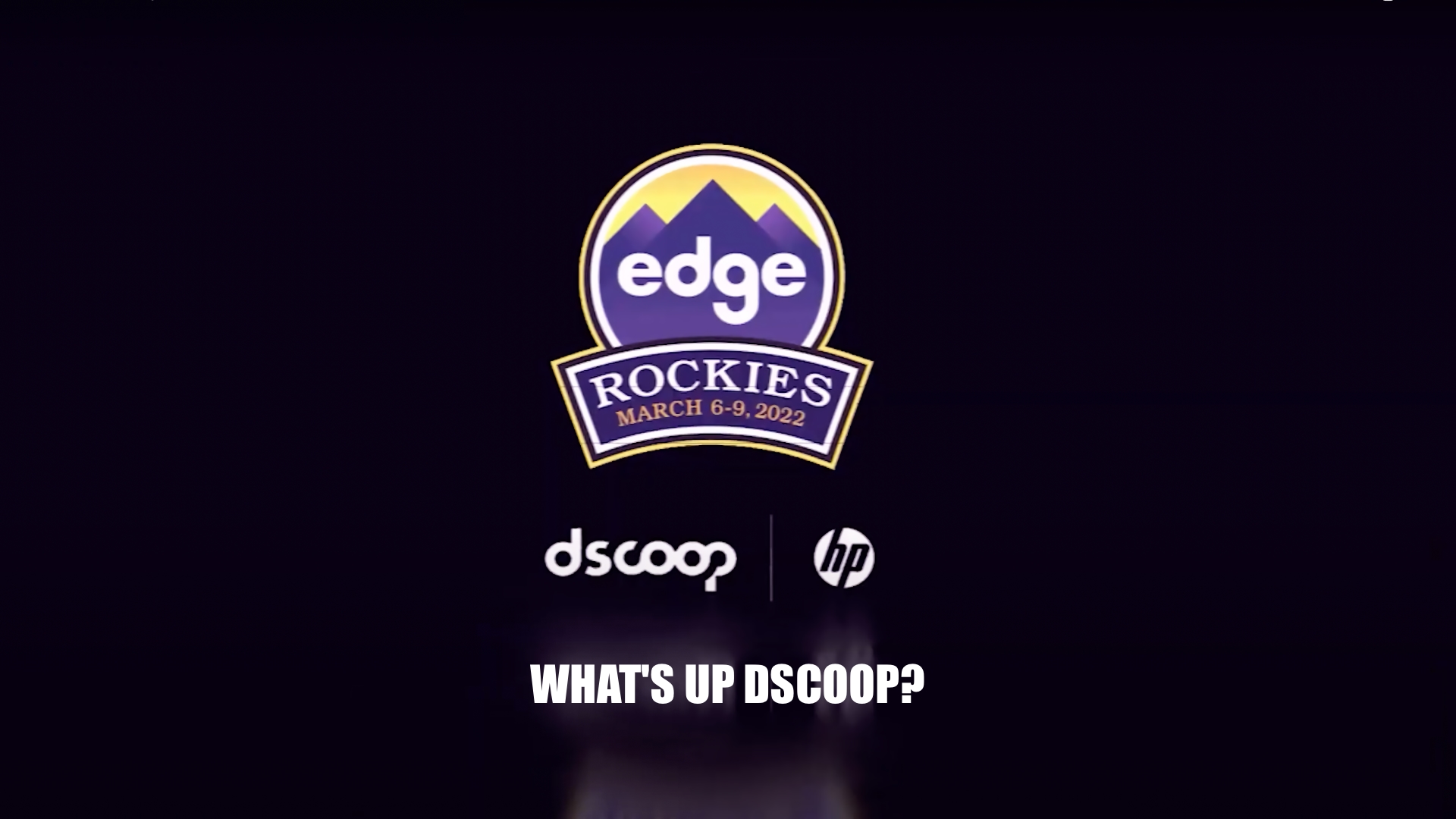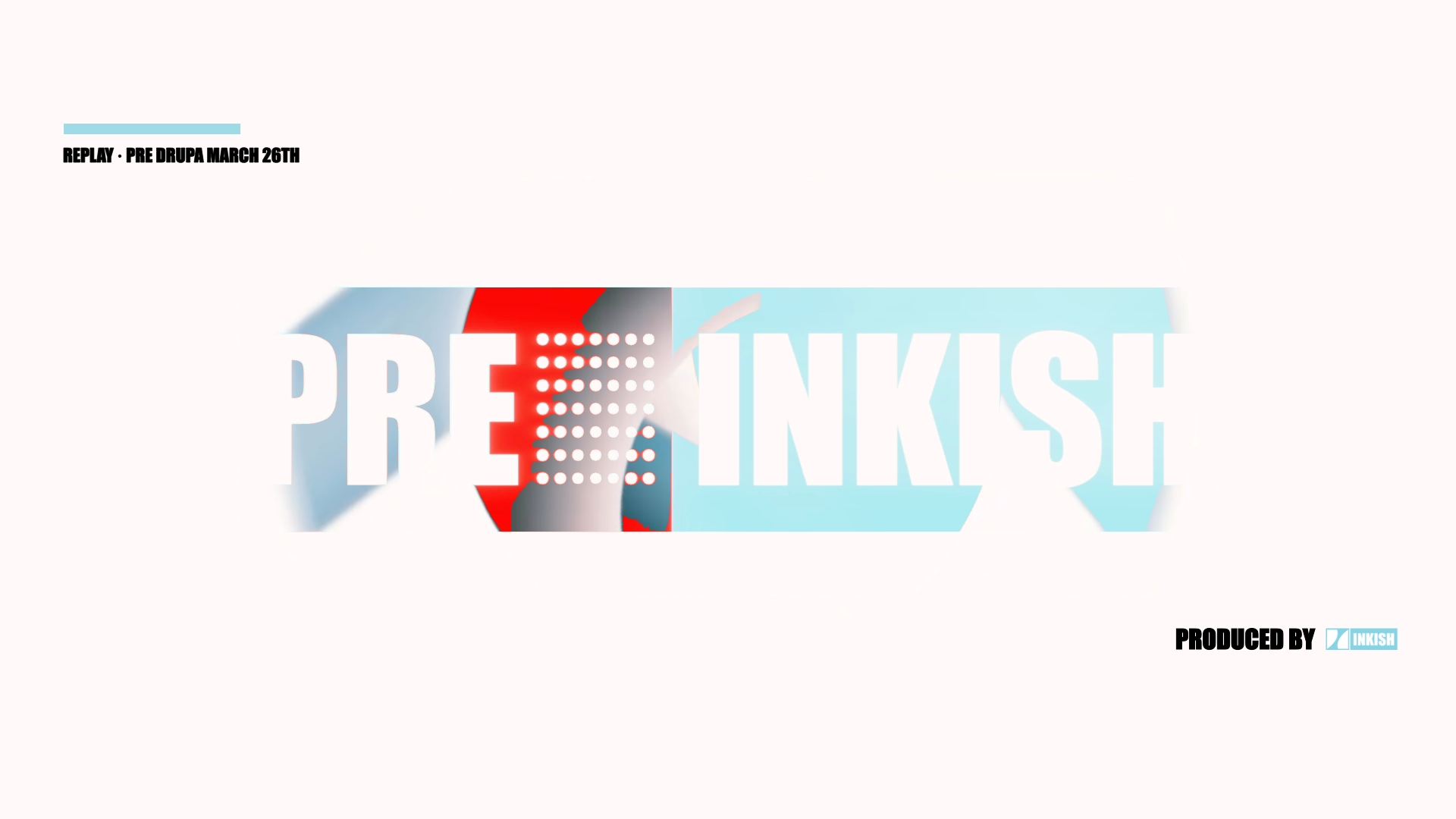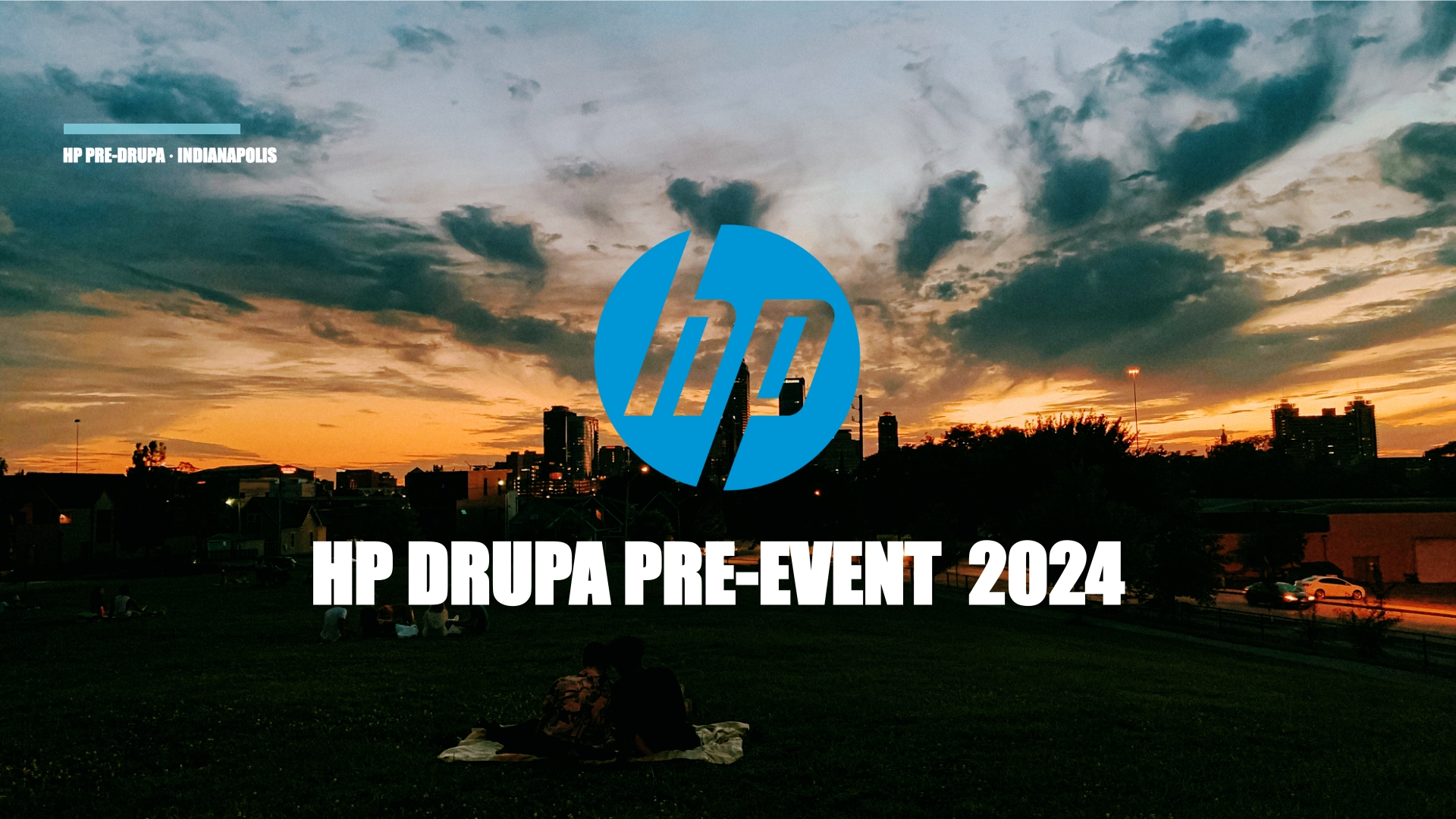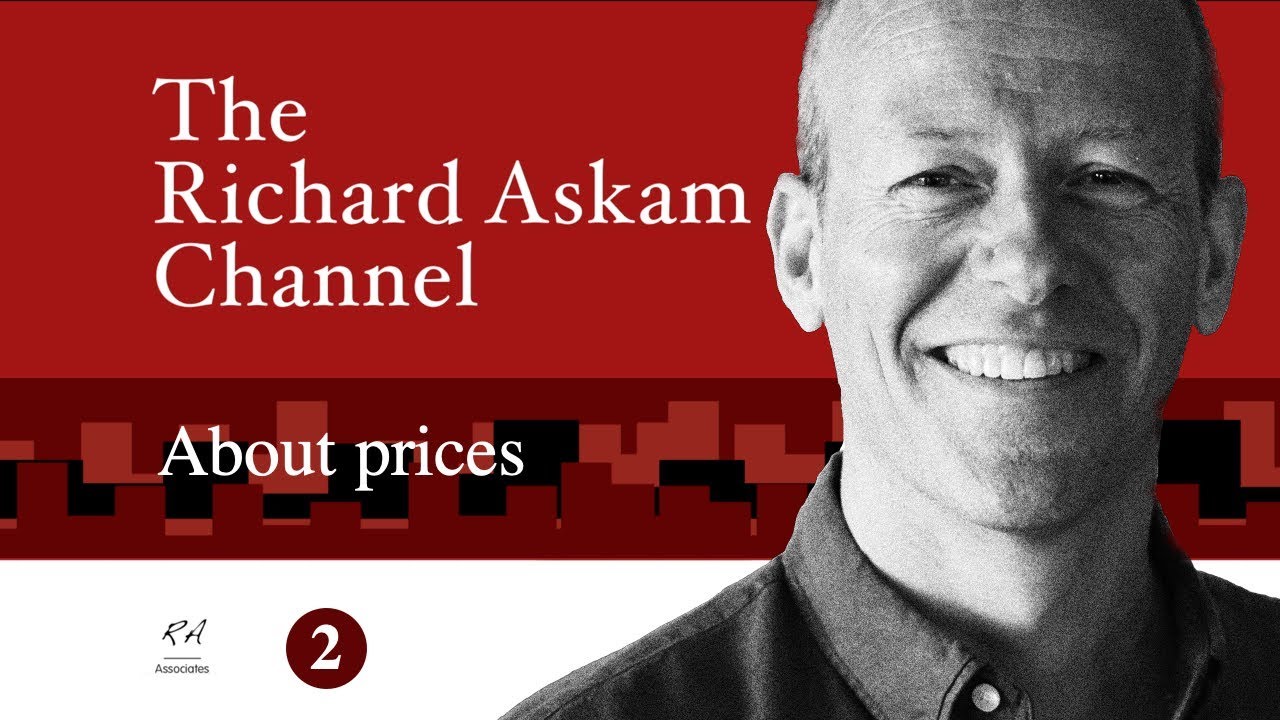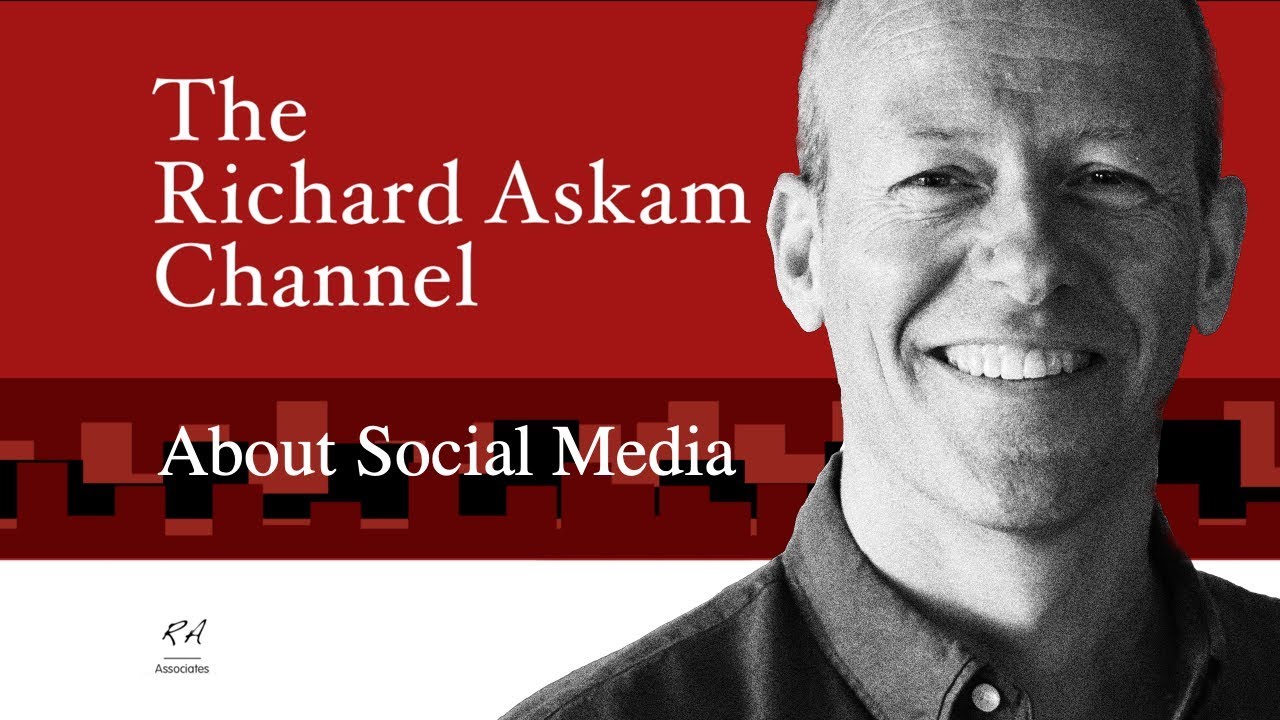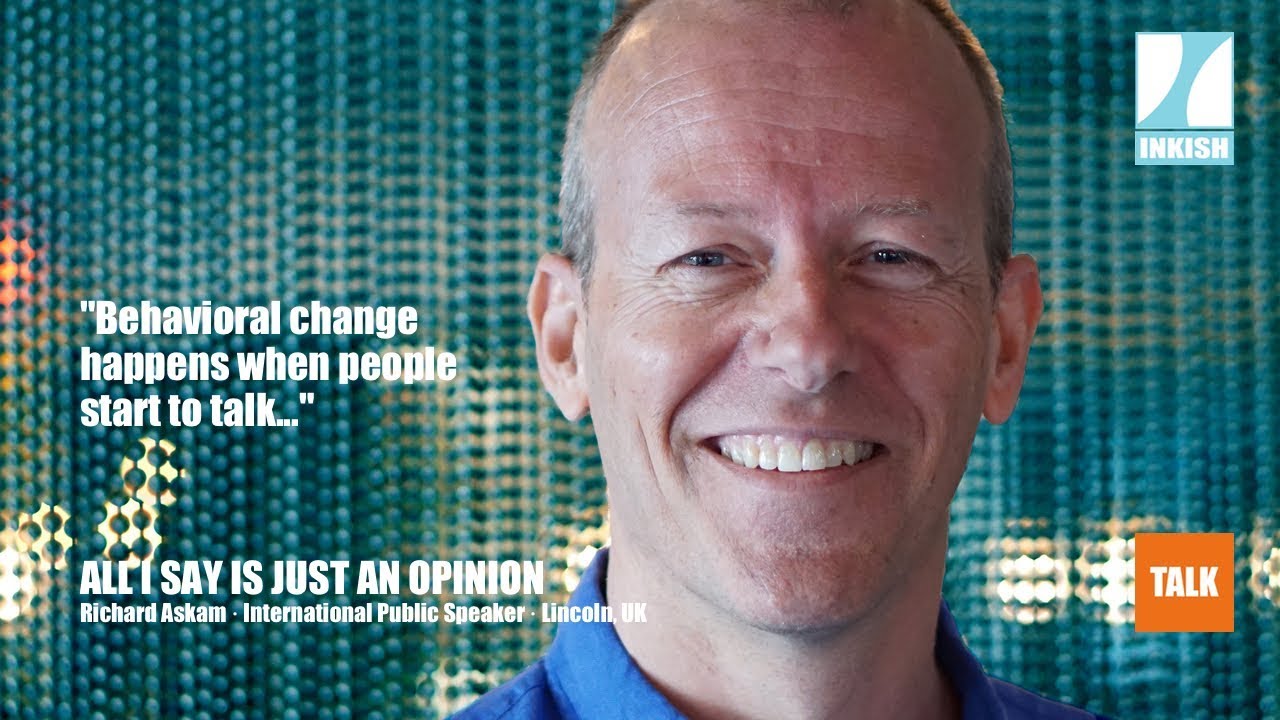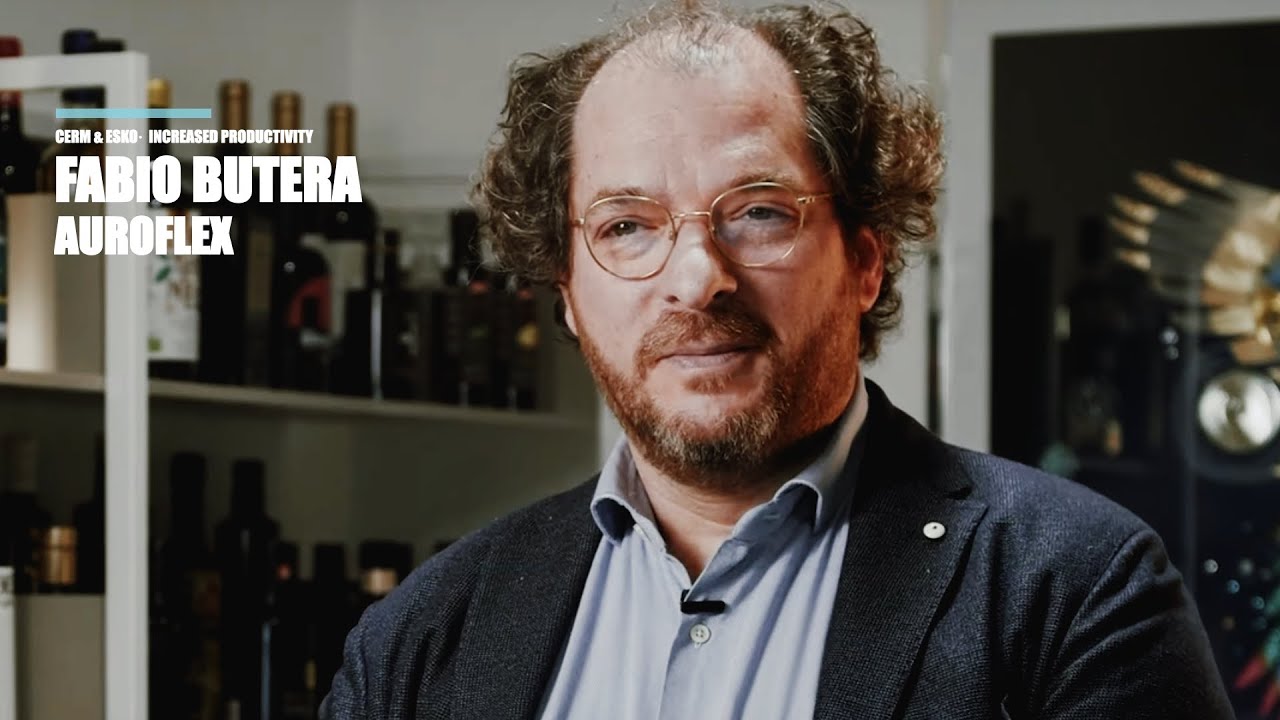All I say is just an opinion – The Richard Askam Channel Intro
With the new Richard Askam Channel opinions will be said. Opinions about philosophy, business, marketing and who knows even some personal insights? The episodes will be published monthly, take about 10-12 minutes each and will end with a question.
The question you should ask your colleagues, your customers, or even better – yourself.
This is group therapy at a high level.
Richard Askam is a keynote speaker, a writer and always ready to discuss. Not the types of discussions with conclusions or already established arguments – but more the kind of discussions that will leave both you and Richard open to any further discussion.
This is what The Richard Askam Channel is all about. Be inspired, be generous, give back, be inspired, spread the word and let’s build a better print world.
A better world can only be made if opinions are shared freely and open – and with the new Richard Askam channel all opinions matters – are you game?
TRANSCRIPTION
Richard, before asking who you are, do print have a future?
Oh, yes. Undoubtedly. Slightly different formats and applications from the past, but then that’s the whole point of the future. The future relies on the past.
But isn’t that just an opinion?
Always. That’s all I have. I can bring you nothing other than my opinion, Morten. And you have to trust that I believe in it, and then I will try and convince you.
You know me a little bit now, and I am pretty convinced that there’s a bright future of print, but I think that one of the problems that we have in the printing industry is that sometimes you have the feeling that even the printers don’t believe there’s a future in the printing industry.
I think there’s a lot of tired printers out there that have been through what I would call the dark years, where it just looked as though it was on an inevitable curve downwards. It’s quite hard to pull yourself back from that mentally, psychically. But ultimately, I think, when you look at this from an outside perspective, a Google Earth perspective, if you look at the curve, the curve is always on the up. It’s just a question of how you see it. But I’m a born optimist so I would say that.
That’s one of the reasons why I wanted to talk to you. So maybe let’s get back to what you would normally do in a film like this. I mean, who are you, and why do you think your opinion matters?
Gosh. Let’s start with the first bit, because I’ve don’t know if I can answer the second bit. So I’ll see if I can segue way neatly into that.
Who am I? Well, my name is Rich Askam. I think you’ve possibly already covered that. I’m a 6’5″ northerner from the UK who finds himself rather, interestingly, as a speaker, and as a writer, and as a broadcaster, and a commentator on an industry that I’ve never been a member of. I’ve only ever been a user of, but I find myself now giving my opinions on the benefits of the print packaging industry as that user case, if you like. And as my wife says, I enjoy traveling around the world giving other people my opinion.
So that leads me back to the second part of the question I just raised. Can you answer that? Yeah, yeah. I don’t let you off the hook so easy.
Why does my opinion matter? It only matters, I guess, if you strongly agree or strongly disagree with it, because then there’s a good argument to be had from that. I make the same promise to all of my clients when I’m speaking, that I will guarantee that I’ll get the audience to listen. What I can’t guarantee is that I’ll get them to agree. And there’s no reason why that would be the case. But I don’t mind them disagreeing with me, because it means that they’ve listened.
We met each other a couple of weeks ago, maybe two or three months ago, because we were at the Argos Inspiration Days in Brussels. And you gave a speech about the print island. I don’t want to go into that so much, but what I liked about it was actually that maybe you said a lot of things that everybody knew even before meeting you.
Absolutely. I don’t come at the world of print from an expertise perspective whatsoever. I’m quite happy to say that on film. What I do try and do-
Lucky me, right?
What I do try and do is make people think slightly differently. And in fact on that particular day, the first guy that came up on stage to say thank you afterwards said, “You just said everything that I already knew, but in a way that I’ve never heard it.” And I guess to a certain extent my external perspective throws that pebble in the pond, creates a different ripple. So if you’re lucky enough, I guess, to be able to see that opportunity, then that’s where the validity of that opinion comes from.
But doesn’t that lead us back to why your opinion matters? Because, I mean, basically, I think that the printing industry, to a wide extent since the so called financial crisis, has been looking, searching, for their own identity after a crisis that has … I mean, so, by putting the words, and putting the opinions, and make people think about what they do, isn’t that the product of Richard Askam? Or?
Probably. Of course, I didn’t realize this. I spent 30 years prior to this doing something completely different. Although, actually, as it turned out, completely the same, which was telling stories. I come from the wine industry, as you know, which is a fantastic industry, because what you call drinking I call research. So it was a great training ground for the very thing that I do now, which is comfortably telling stories and anecdotal stories back to the industry of my experiences within it. And I guess within that, within those stories, there was inevitably going to be opinion, because it’s my point of view. I genuinely don’t ask anybody to stand up and agree with me, but what I do hope, and by hearing me give those opinions, that it may or may not change the way that they approach their existing business.
So, the Richard Askam business is a storytelling business.
Pretty much.
Yeah.
Yeah.
So, when you spend time preparing yourself … I guess you prepare yourself … at least I saw that you had a Power Point or something similar to that. Because I have also been talking to you, and I think that you have the English word in your mouth so you can probably speak about a lot of different things. And that was not negatively meant-
No. That’s fine.
It was positively meant. Yeah.
None taken.
Okay, great. But I was just thinking that as a non-printing community member, as you mentioned earlier, and being a buyer or consumer of print, before we go into some details about how you actually prepare yourself, how do you see the industry? I mean if you should take it from the Google Earth perspective, so what is the state of the printing industry right now?
I think if you take the word print out of that and just look at manufacturing industries as a whole, of which there are many and varied around the world, and they are all at slightly different points on the curve … So if you look at the car industry, for example, 10 years ago, post financial crash, was on its knees, and really didn’t know where to go. Now you look at the car industry, and they’ve changed the way that they look at the product, they’ve changed the way that they look at the consumer, they’ve changed the way that they look at the marketing. And suddenly it’s boom time.
Everything is possible. The biggest problem that I always see with any industry is when they just use history as their benchmark. My view would be to create a new one. They ultimately will do, but I think when you’re in the middle of that problem it’s quite hard to break out of it. The print industry is going through that, because it’s, unfortunately, created a world for itself where price is the first point. And I’ve said this before on stage, that if the phone rings and the first person says how much can you do this for? You should put the phone down, because it’s going to be the wrong conversation. It should start with, actually, you picking the phone up and saying, “You should see what we can do.”
You know, it’s funny that you mention that. I don’t know how much you have read or seen on Inkish TV, but it’s been a mantra for us, that we actually want to try to encourage the industry to change focus from price to value. And I guess that is very much aligned with what you’re saying right now, that we need to focus much more on that actually print has a value, rather than just a commodity.
I mean, that applies up to so many different products, Morten, that if you understand the difference between cost and value you’re halfway there.
Yeah. And that also reminds me, just before the camera was turned on, we spoke a little bit about it on this, because I think that one of the issues that we have in the printing industry, or whatever manufacturing industry, is that maybe it’s not as sexy being in a manufacturing company as it was in the old times. And I think that a very important part of the solution to the industry’s challenges is to attract new young people. Attract people that think different, and people that maybe don’t think so much about history but just look ahead on how to make money, and how to make good product, basically.
Absolutely. And I’ll go back at it a little way and answer your question about preparation in order to answer the question that you just asked.
One of the very conscious things that I think about when I’m preparing to do any speaking work at all is how that can play to a younger audience, because ultimately the sons of the sons of the fathers are the ones that we need to encourage into the industry. And you can’t do that by patting everybody on the back and saying, “What a fantastic job you’ve done for the last 100 years.” It has to be, “What’s next?” And they are generation of people that are hugely interested in experiential marketing, digital marketing. The world that we now live in is going through the digital revolution. We’re lucky to be living in it, but also unlucky to be living in it because we don’t quite know what it’s going to bring us yet.
So to tempt the younger generation into an industry, you’ve got to show them what’s next. It can have links to the past. History is a good thing. It teaches us everything, but it shouldn’t inform the way that we go forward. No.
I totally agree on that one. Yeah. Okay. Quite interesting. Because, I mean, when you look at the industry, when you look at the products, when you look at, I would say, everything that we are talking about now and that we have bene also touching upon before we were on camera, is … I mean, you said that … you’ve just been in Barcelona?
Mm-hmm (affirmative).
And you mentioned that you gave a speech to the corrugated industry about digital printing in the corrugated industry, and I think you mentioned or said … maybe I’m not quoting you right. But I think you said something similar, that the worst thing you can do is just buy damn expensive corrugated digital printing machine without mentioning any brand. HP.
Yeah. You gave it away with Barcelona. Yeah, yeah, yeah.
I was just thinking that maybe … I mean, the worst thing they could was actually taking that equipment, with all the new capabilities, and just use it as a replacement of-
Absolutely. And it’s-
Was it rightly remembered?
Yeah, now. Absolutely. And the mantra that I kind of … and I sort of came up with this on the hoof, really, because one of the things that was said to me before that presentation was that in the room are a very conservative group of people who don’t particularly like change. And so to give them a disruptive technology is going to require disruptive behavior in order to be able to harness the potential of it. And that kind of led me into my sort of opening statement, if you like.
And one of the things … go back to the preparation question. One of the things that I always try and do as a speaker is gauge the room. You can’t just give a scripted speech, because the room might not appreciate that particular script. So in listening to the things that came before-
All the participants may be different than you anticipated.
Absolutely. Well, and the mood, and the time of day. Are they hungry? Are they thirsty? You know. I’m always very conscious of ….
Are you hungry since you mentioned this?
No, no. I’m all good. Sorry, sorry. That wasn’t a clue.
So the mantra came, you can’t just change the tools you have to change the behavior. And it’s very interesting when you watch, I guess, an analog industry being asked to invest in a digital future, because the only way to do that is to actually change your behavior to digital as well as your equipment, and your machinery, and your practices, and your processes. And at that point, all of the rainbow of opportunity becomes available to you. And that’s what’s interesting for the next generation.
Because, let’s be honest, can we do analog wide press print for a penny cheaper?
Maybe.
Really? Who cares. You know. But what can we do to produce these wonderful labels that have gone on to this particular product? You know, mention any of the names, Coca-Cola.
Cherry Coke.
It’s that whole aspect the print has enabled. And if you see the industry as an enabler to the future, then ultimately that becomes an awful lot sexier to think about. Because then the creative people in that world can do their best.
I have to be a little bit provocative, because that’s me, too. Because, I mean, I know that for myself, I know from other speakers, I know from … I’m just trying to say something that I really don’t know about you, but I will pretend that I know.
I’m pretending about all of it. That’s good.
Talking is quite easy. Doing is quite difficult.
Yeah, but it starts with talking. Most people … and let’s go really deep about this then, okay? So this is where you find behavioral change is when people start to talk. It’s almost like therapy. Most people hold back their inner most desires and feelings until such time as they start talking. And then they find they can’t stop.
So when we talk, I mean, we as a media, you as a speaker, you as an author, you as a writer, and you as everything in communication, right? So though you disagree, and though you may not have a opinion based on … let’s say you have run a business for decades, the very situation that we actually talk about, something that may be true may be not be true, but that forces the process. That is what you’re trying to say? Or?
Yeah. It brings the debate to the surface. I’ve always enjoyed a good argument. I don’t mean falling out. I don’t mean rowing. I mean a good argument. Where you have an opinion, I have an opinion, and we debate the argument to it. Actually, at that point, you’ll say something, then I go, “Oh, actually, I haven’t thought of it that way.” And I’ll say something and you say the same. And then so a different conclusion is formed. That conclusion can never be formed if you don’t start the conversation.
So part of the process of actually transforming your business to have an understanding of the digital transformation … I know that’s a word that also have other meanings, but, you know, the transformation of where people-
Yeah, apply to printing. Yep.
I was just thinking that the first thing is, of course, the talking, but who is actually the ones that you believe can turn this around? I mean, because, if you look at, for example, some of the web to print, online printers, I think that a lot of them have been extremely successful because they don’t have a legacy. Because they don’t have something. I mean, do you think that the future belongs to new players or do you think that some of the old ones are actually able to adapt?
I think it would be a combination. I mean, I’ve always felt from my time speaking to the print industry, it’s become very clear that there are two separate types of printer. There’s the doers. And there’s the seers. The doers print because that’s what they do. And they like printing and they enjoy it. The seers come along and see an opportunity, but they don’t know how to do it. So they engage with the doers, and the doers do it. And occasionally, you get seers that can do it as well. They’re billionaires, just so you know. They’re the clever people. That’s Steve Jobs. But ultimately you need both, because this is why the hive of humanity works so well is because everybody’s got a slightly different skills set.
But the reason that it works at its best is when they communicate with each other. And I’m a big fan of conversation. I do a lot of speaking in schools and in universities about the lost art of conversation. Because we’re breeding a generation that speaks through their thumbs. Most people were born with the ability to speak, but they weren’t with the understanding of the necessity of it.
That was one of the reasons why I was happy when you asked if we could do a conversation, because that was the initial thing after Brussels, basically, that I want to do a “CONVERSATIONS”, and I think that now being in the middle of it, I think, I mean, to me it makes a lot of sense. Because we are communicating even though the camera is on, and you can sometimes feel it’s a little bit ….
But stuff gets done when you talk.
Yeah, yeah. And now we have the ability to share, and everybody can actually think, well, are you right or wrong. We can actually spread this out to form an even bigger conversation on this-
Absolutely. And you’ve been to enough events, I’ve been to enough events, that the real meaty stuff gets done at the bar when people are talking to each other.
Before 12.
Ideally. But it’s a very effective way of growing a business …
Yeah.
… is to actually understand, by the to and fro of conversation, what people need. And then go away and provide it.
So, the Richard Askam product, is it easy to sell?
It’s not been easy, but it’s also, I guess conversely, not been difficult either, because I enjoy what I do. I don’t see it as work, so I’m quite fortunate in that regard. The product, if we were to put it in a box, the communication business, if you like, that I am the sole employee of, I think, is the best way to describe that, has, I guess, many opportunities and channels to work within. And I don’t have a particular favorite, so therefore there’s nothing I’m avoiding. And also conversely, there’s nothing I’m particularly encouraging either. What I like is to encourage this, the debate. The conversation.
That didn’t really answer my question, because I asked if it was difficult or easy … I mean you said that, but then you started talking about something else.
You noticed I was avoiding the question.
The reason why I’m asking is because, you know, I have some friends in Denmark and we talk about this. Sometimes it seems that printers, they are so easy to convince to employ people. So difficult to convince buying consultants for their … because even though sometimes it’s cheaper to buy consultants … and I was just thinking that if you go to an event, you’ve been at Dscoop, you’ve been at Pure Digital, you’ve been at Argos Inspiration Days. You’ve been around, basically, right?
Yep.
I mean, have you got your little group of fans, or is it easy to break out of it? You understand my point? Or?
I get asked this a lot, actually. How do you get the work that you get? And my answer is always the same. Which, the first speech create-
Well, the first speech that I did, which was paid for, public performance of my speaking work, was-
A politician.
Was in July 2016 in Windsor, in the lovely old town of Windsor. And somebody in that audience booked me for the next one. And then somebody in the next audience booked me for the next one. And then somebody that … so in every room that you’re in, you never know who’s in there. So that, to me, is the challenge of the opportunity. So has it been hard to sell? No, because ultimately I started well and it continues. So I’ve been very, very lucky, and, I guess, to a certain extent, you then become established. I even saw the expression I was described as a seasoned speaker the other day. Now, you see, I took that as meaning old. But we’ll go with wisdom, because that sounds better.
But I guess-
So the wisdom speaker.
Well, do you know what? That sounds old as well, doesn’t it, really? But to a certain extent, as a conference organizer, when you’re booking content from the stage, you need to have some safety as well as some risk. And I have nothing to sell, so I can stand on the stage quite beautifully, externally optimistic, and just say my peace. And to a certain extent, I think, that has probably as good a value as anything.
The reason why I was asking you is because normally at Inkish we try not to be very commercial. I mean, of course we are a commercial, but we don’t try to put a product in focus and try to sell it for anybody. But actually, I would like to see if we could you as a product, because I think that the story that you’re telling and the way that you also explained how you see communication and conversation is – for me – tremendously important for the industry to get speakers like you to actually make people think about it.
So I hope that this little interview here, or this conversation, can also be a lead generator for you, I would say.
Well, on that basis, you had me at hello. Genuinely, the opportunities that you’ve described, and we’ve talked about today, are at the very heart of what I enjoy. And if you can do what you enjoy then it’s not work anyway.
Thank you very much for talking to me.
My pleasure. Thanks for having me.





















